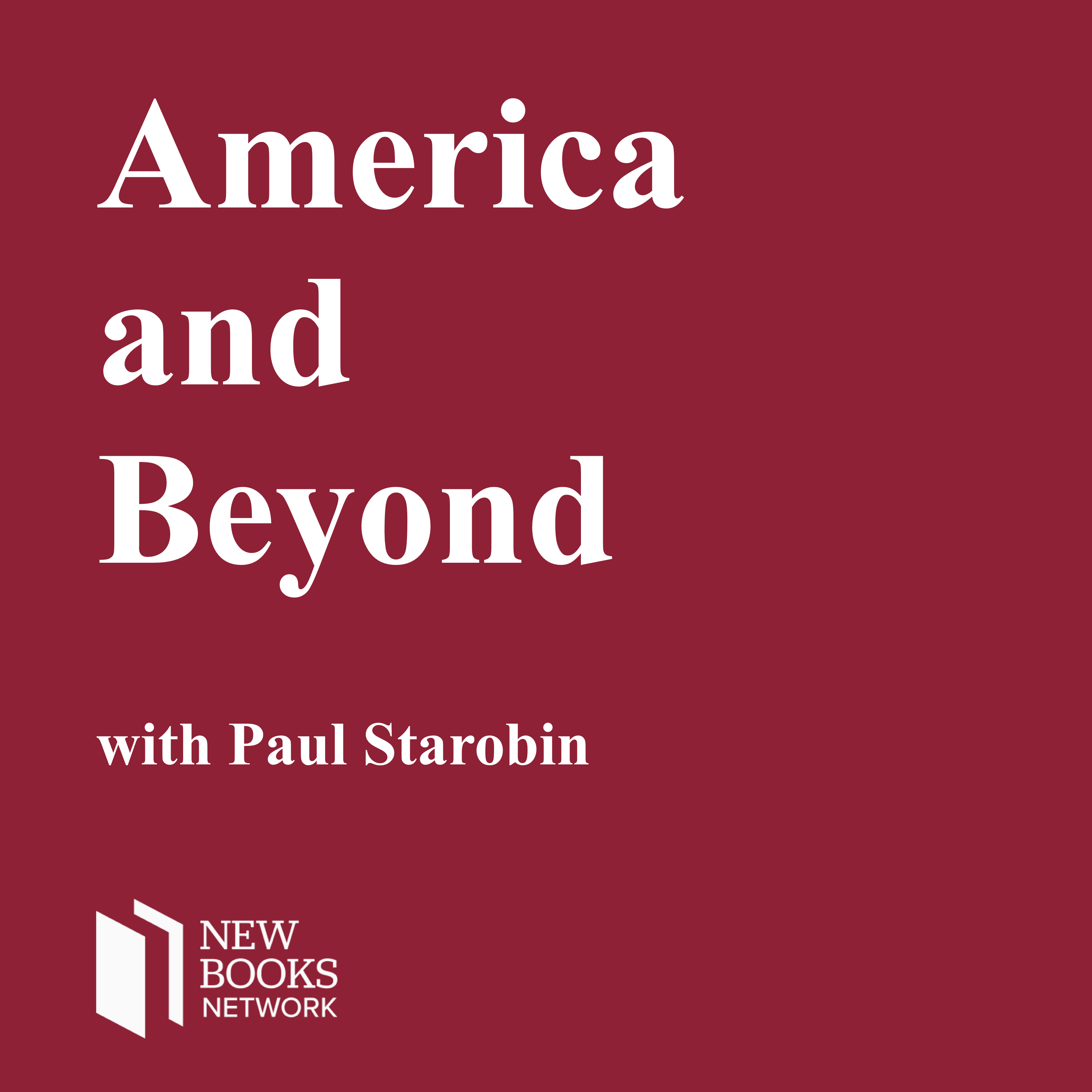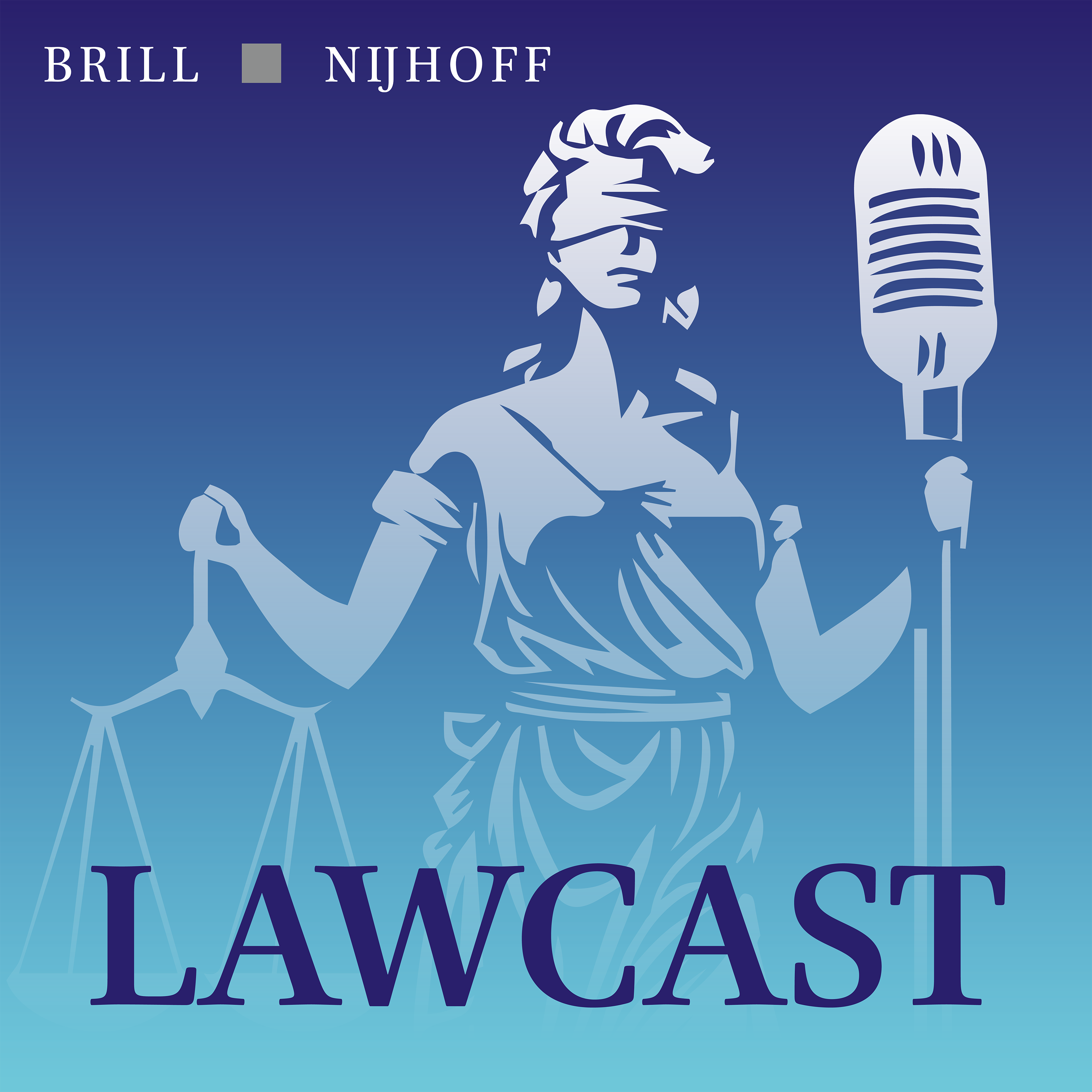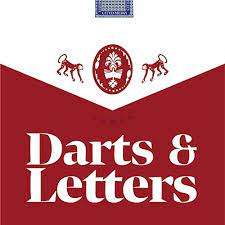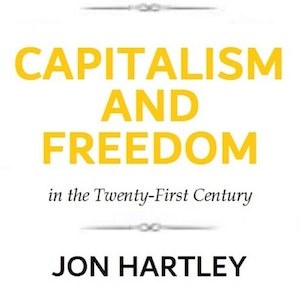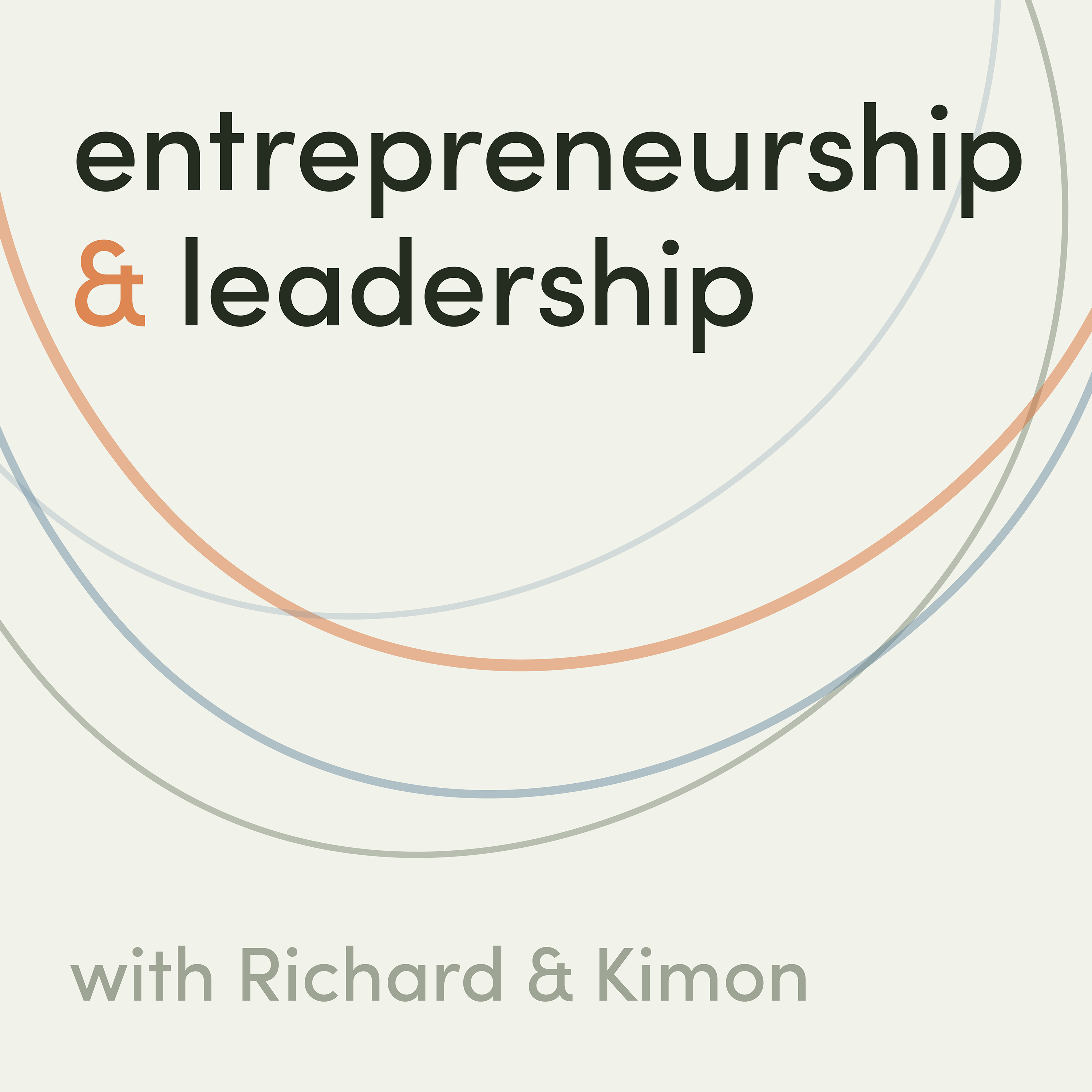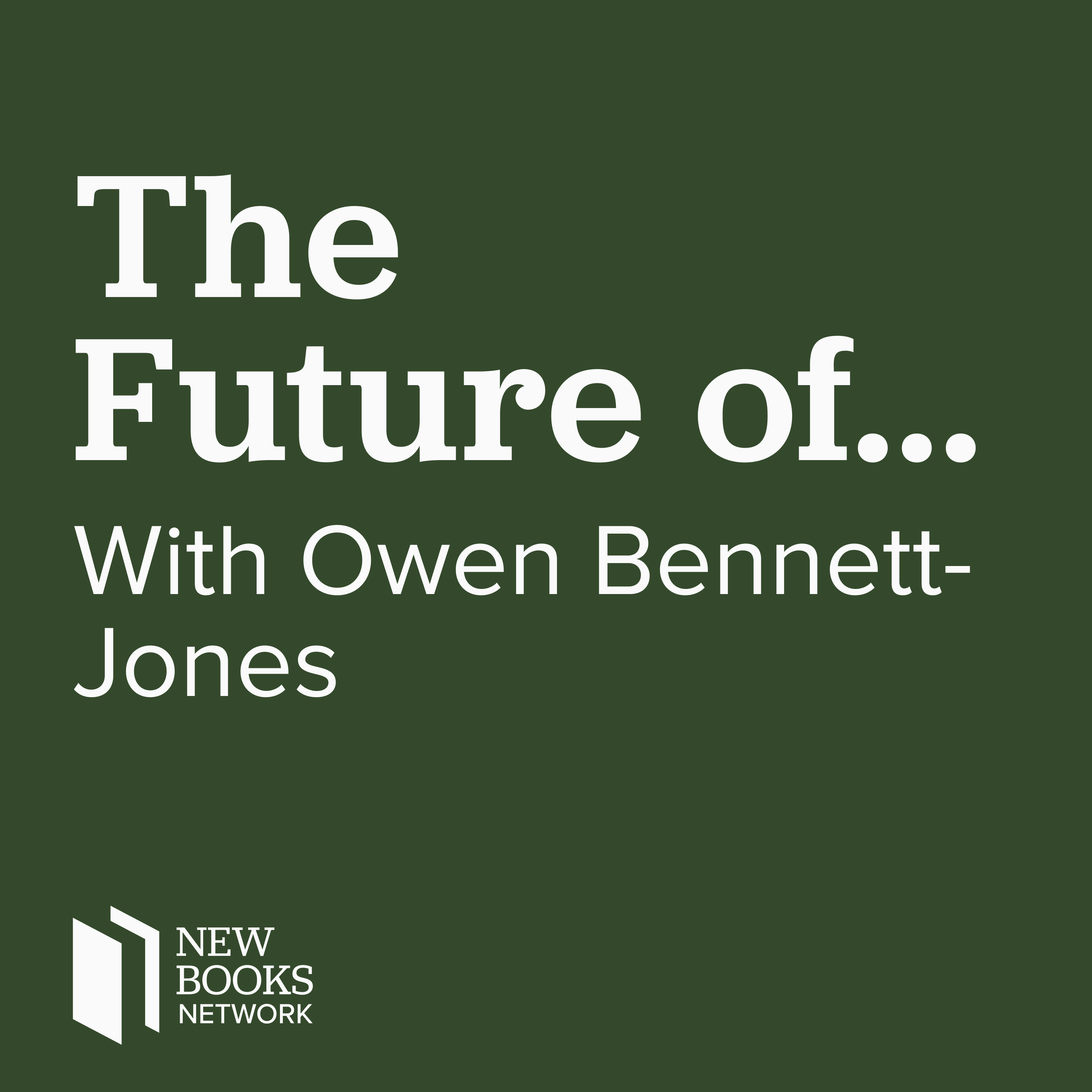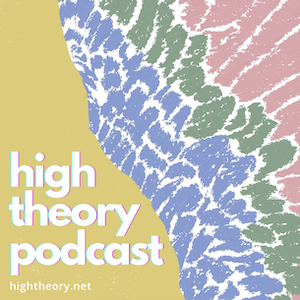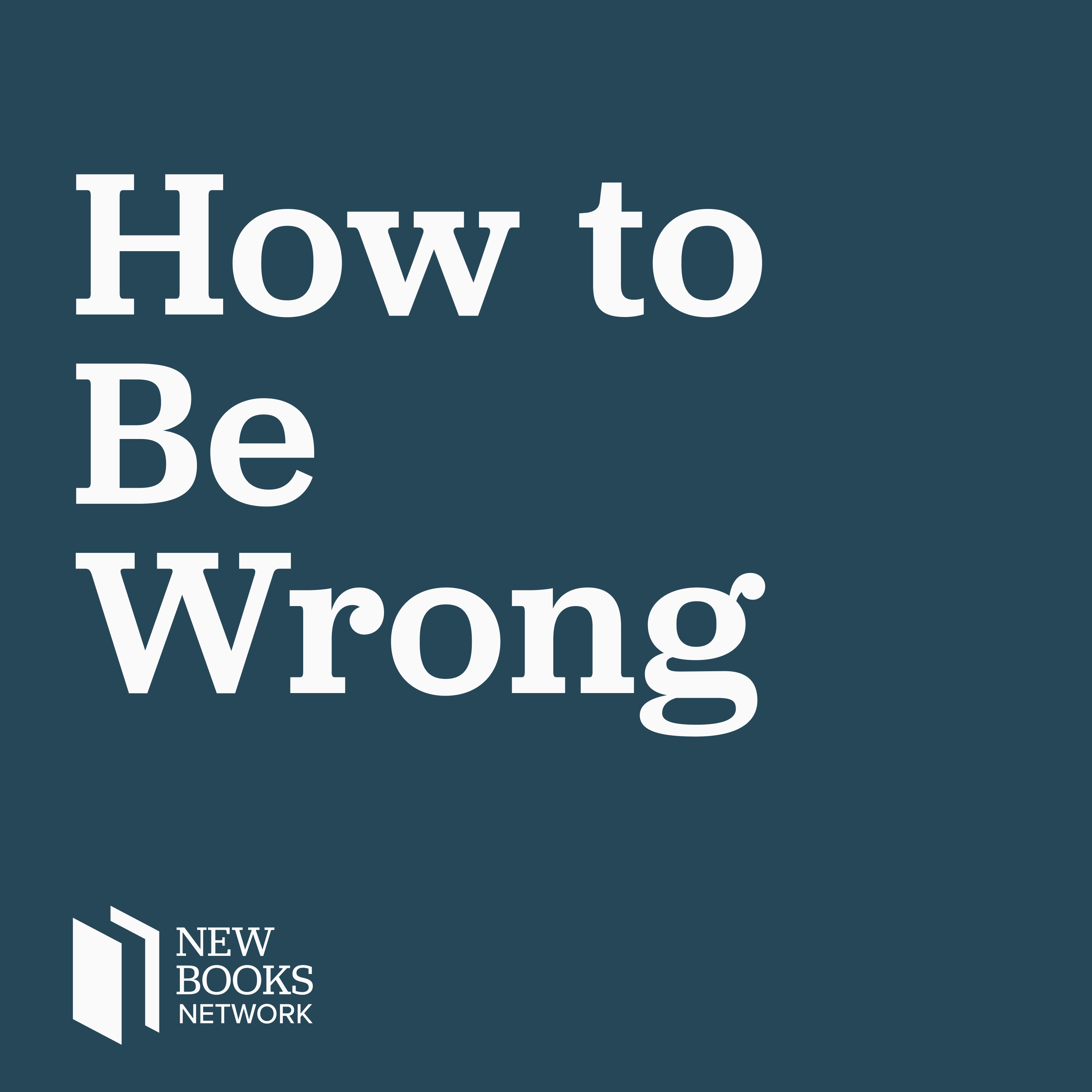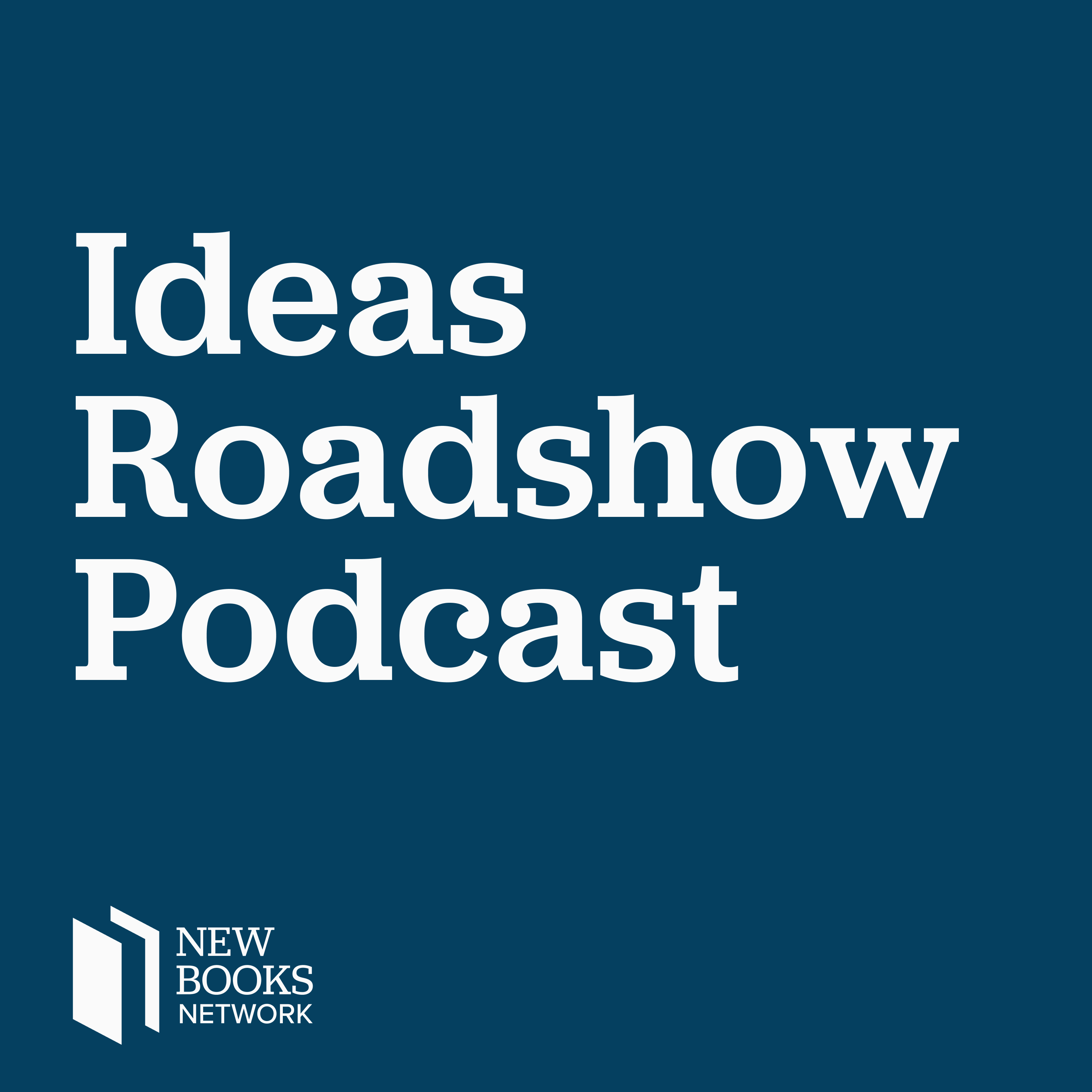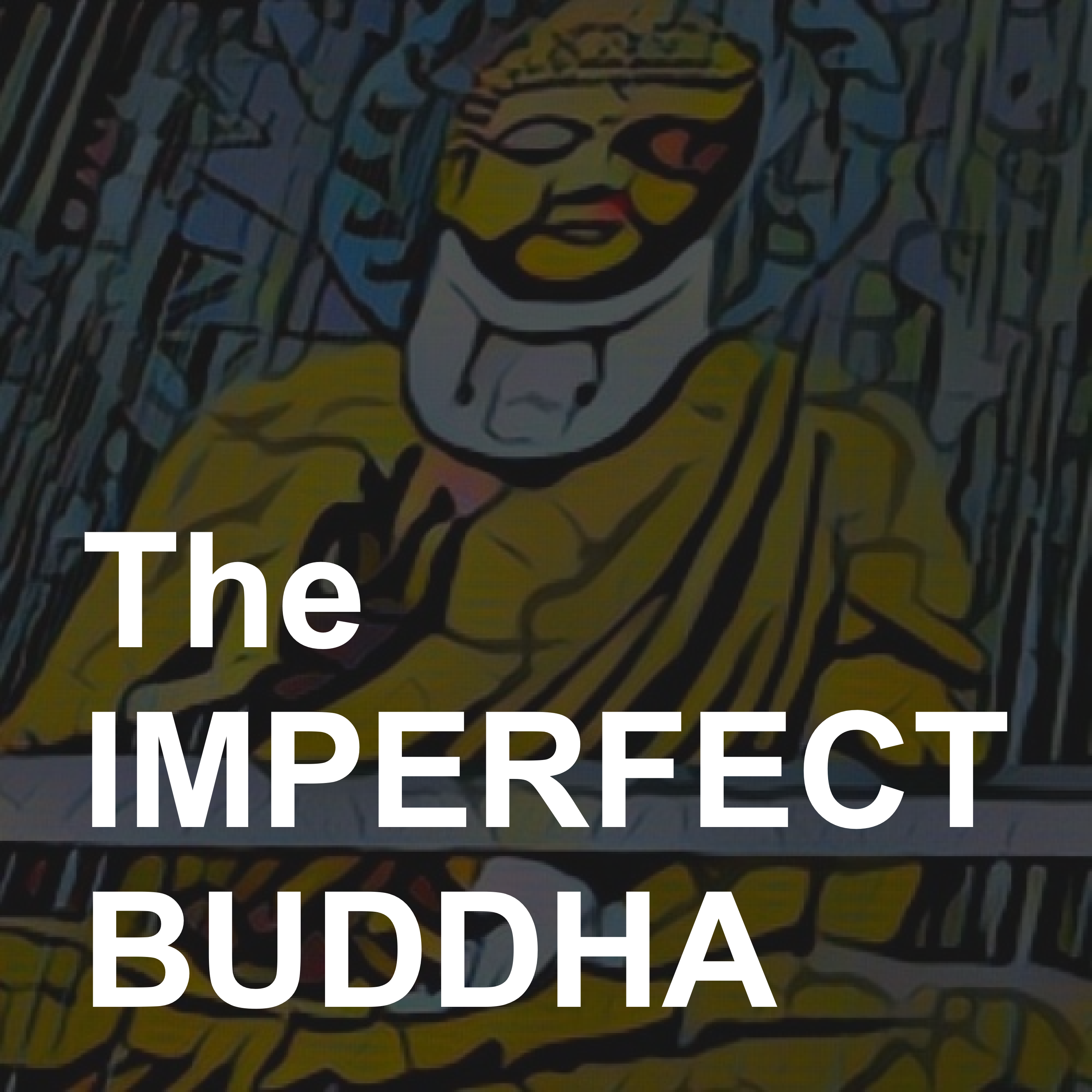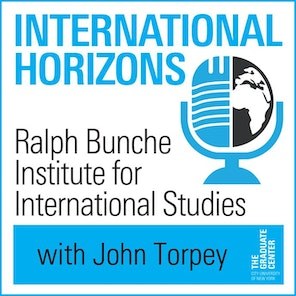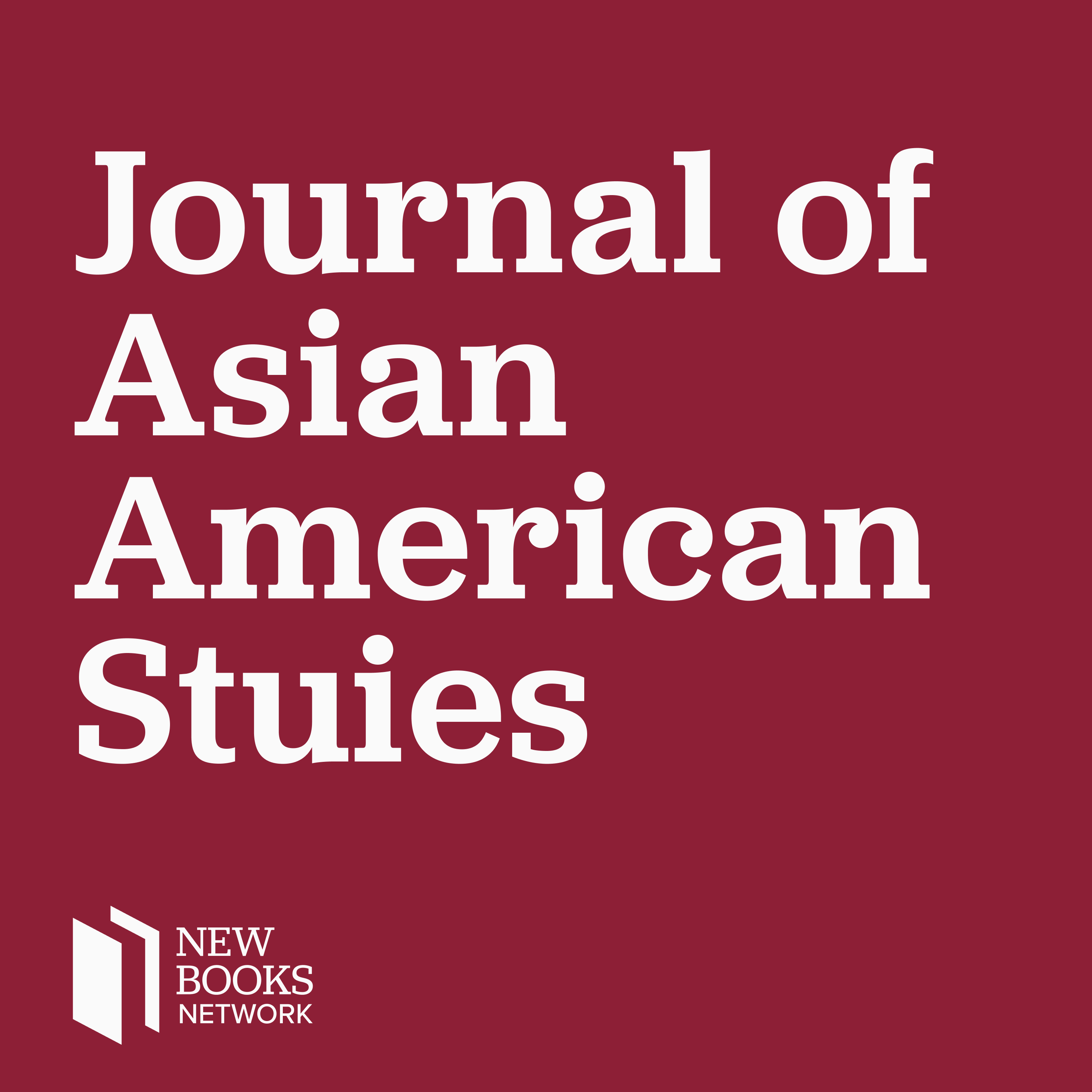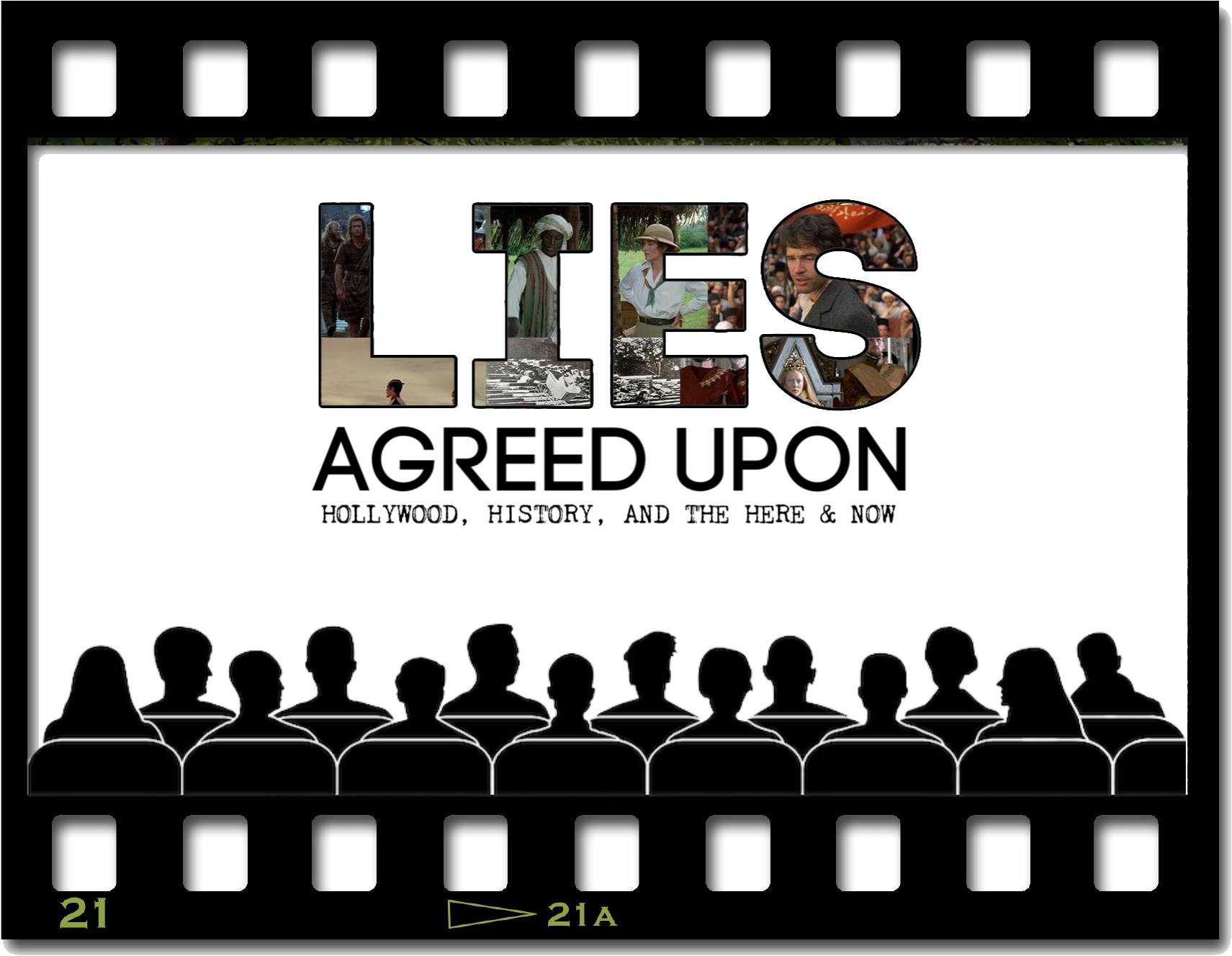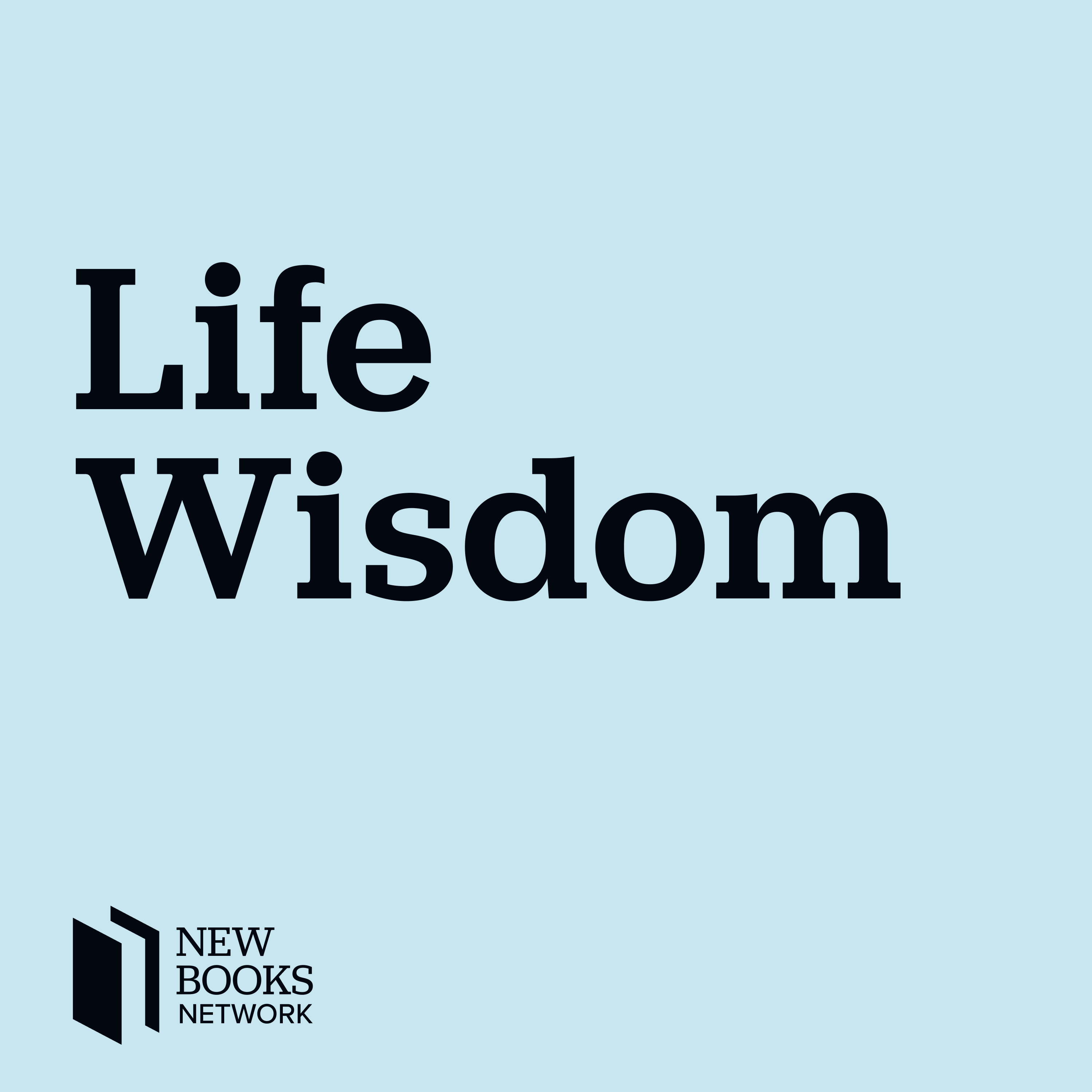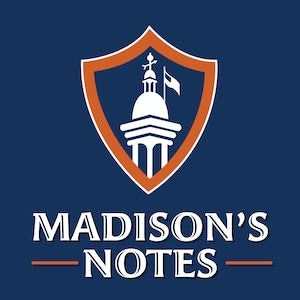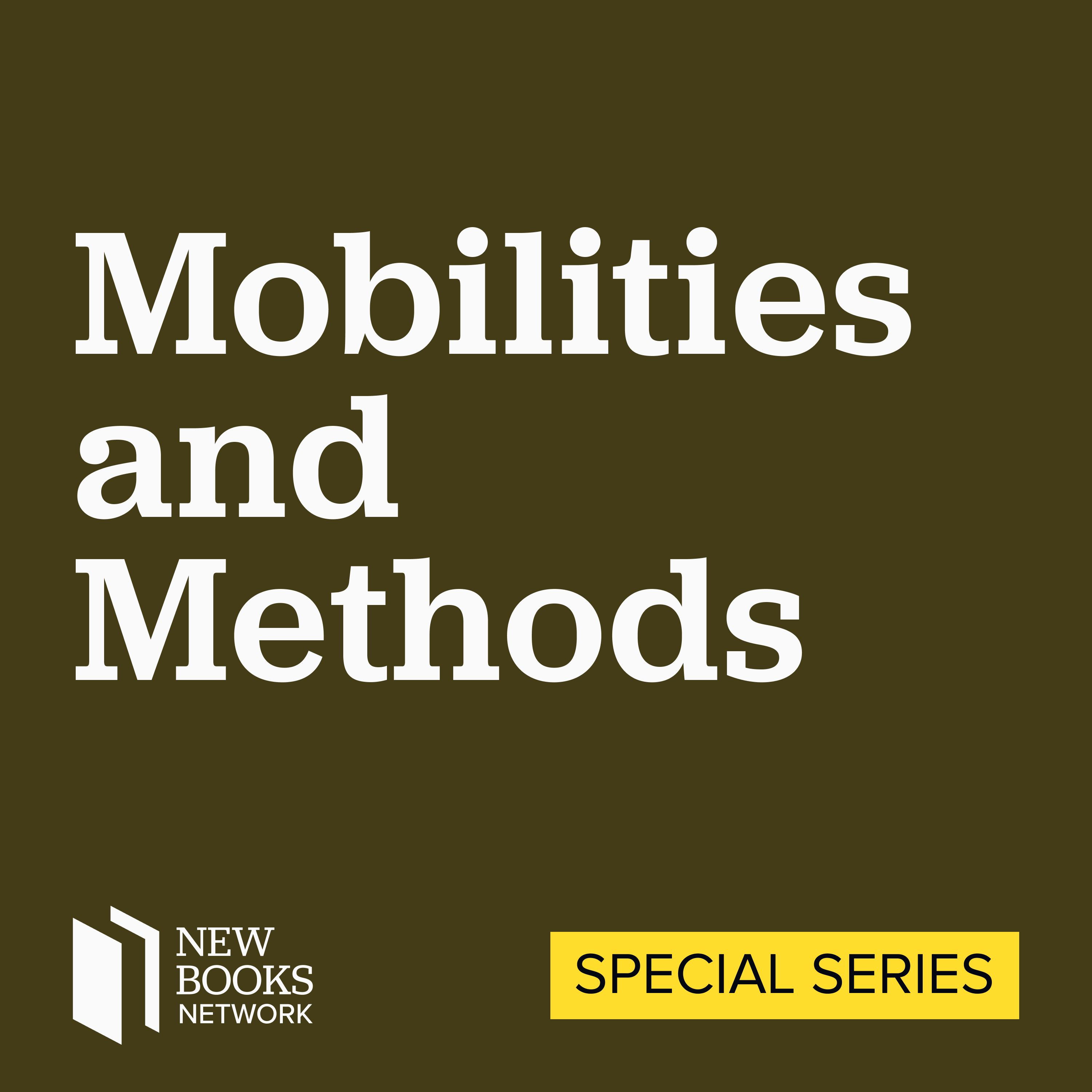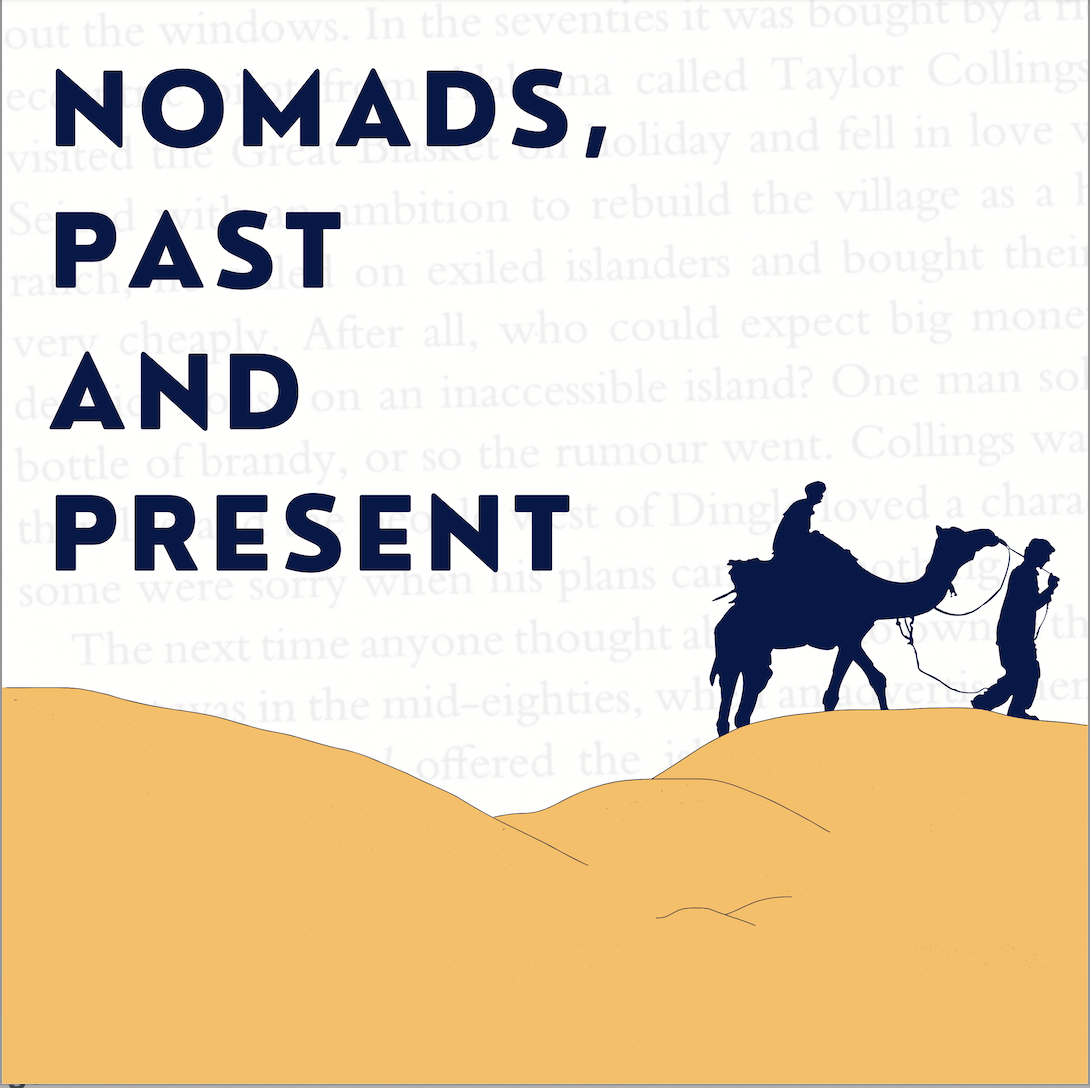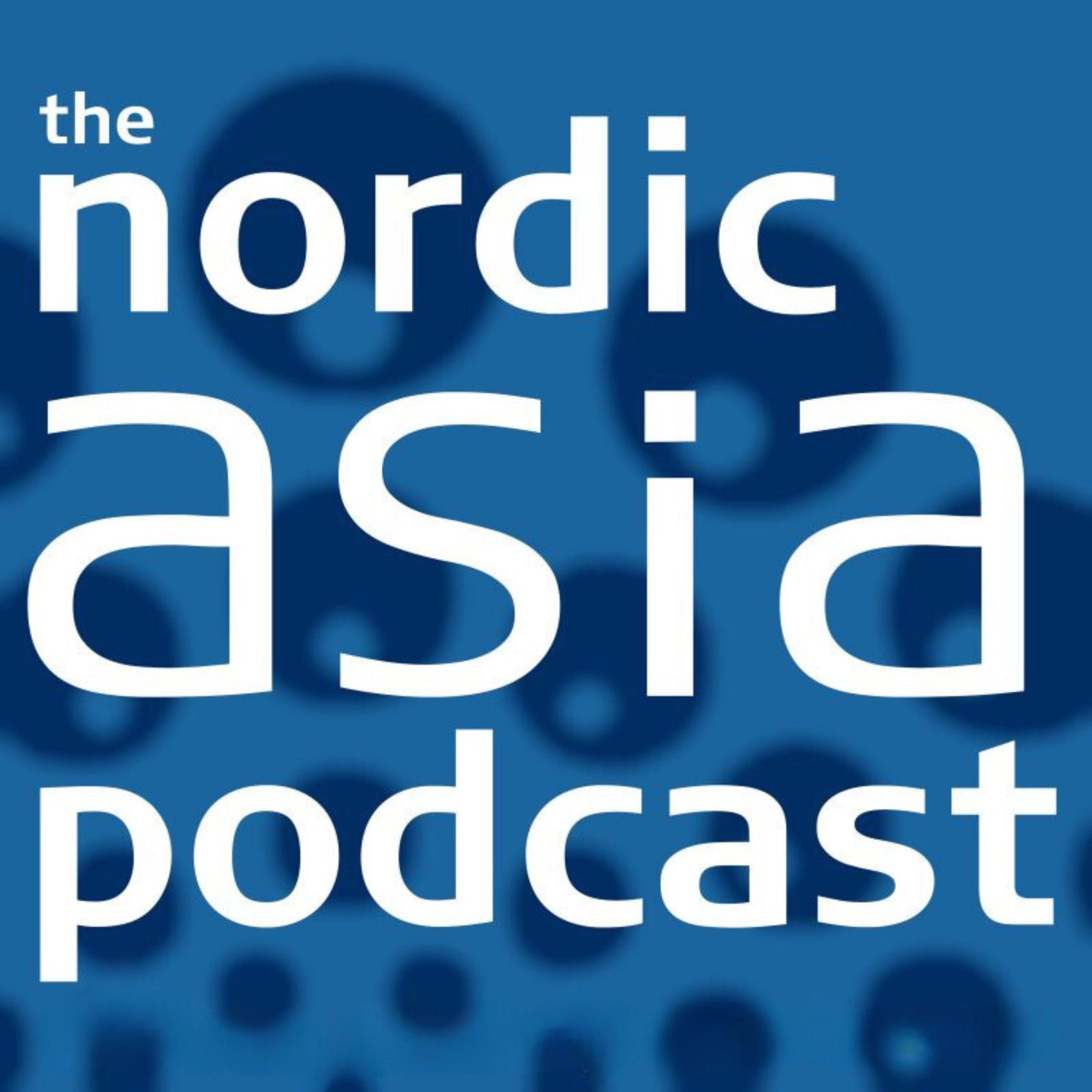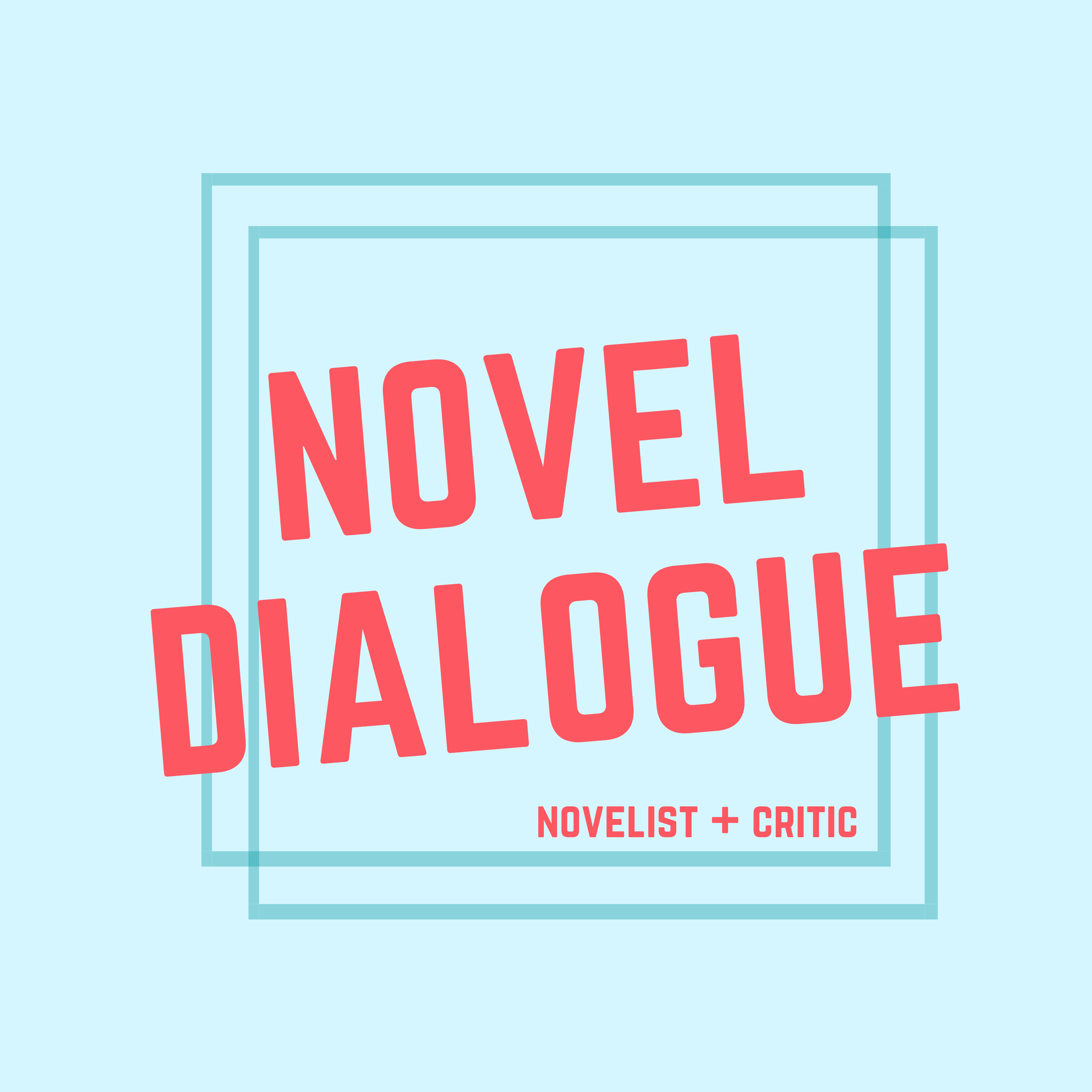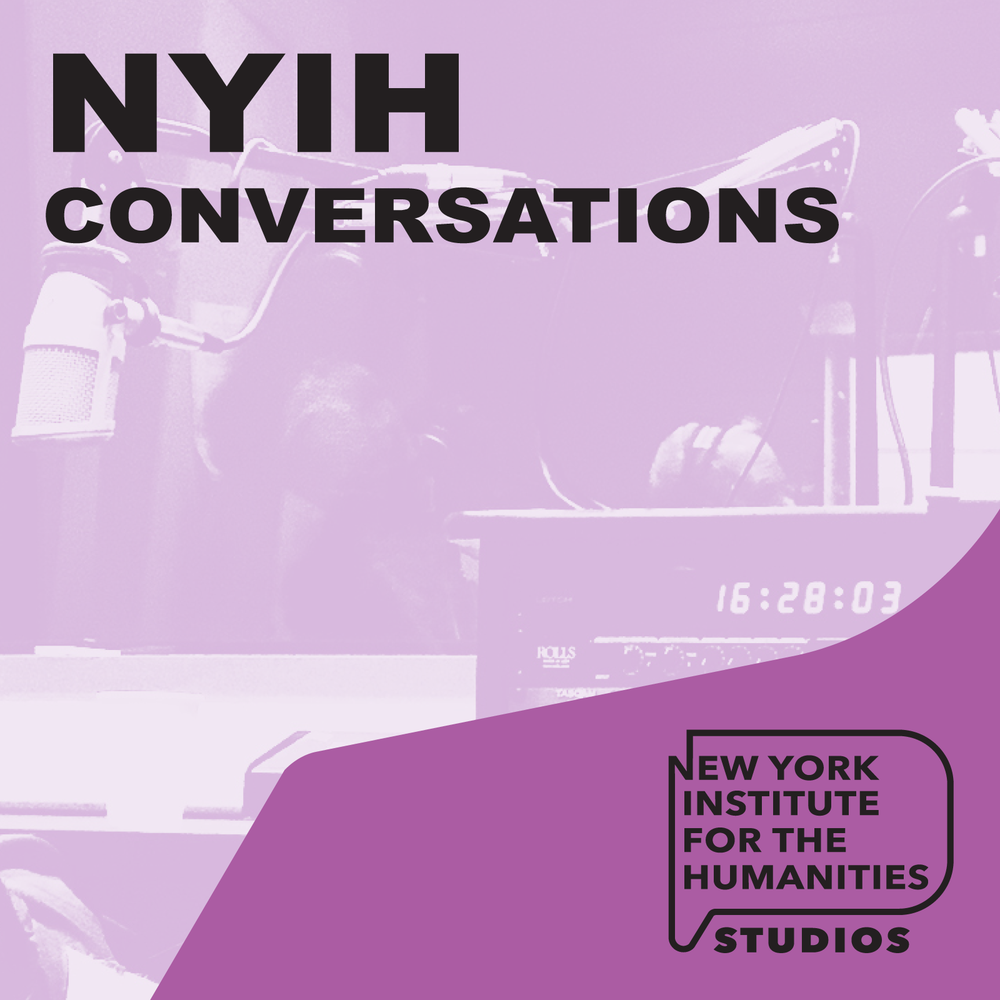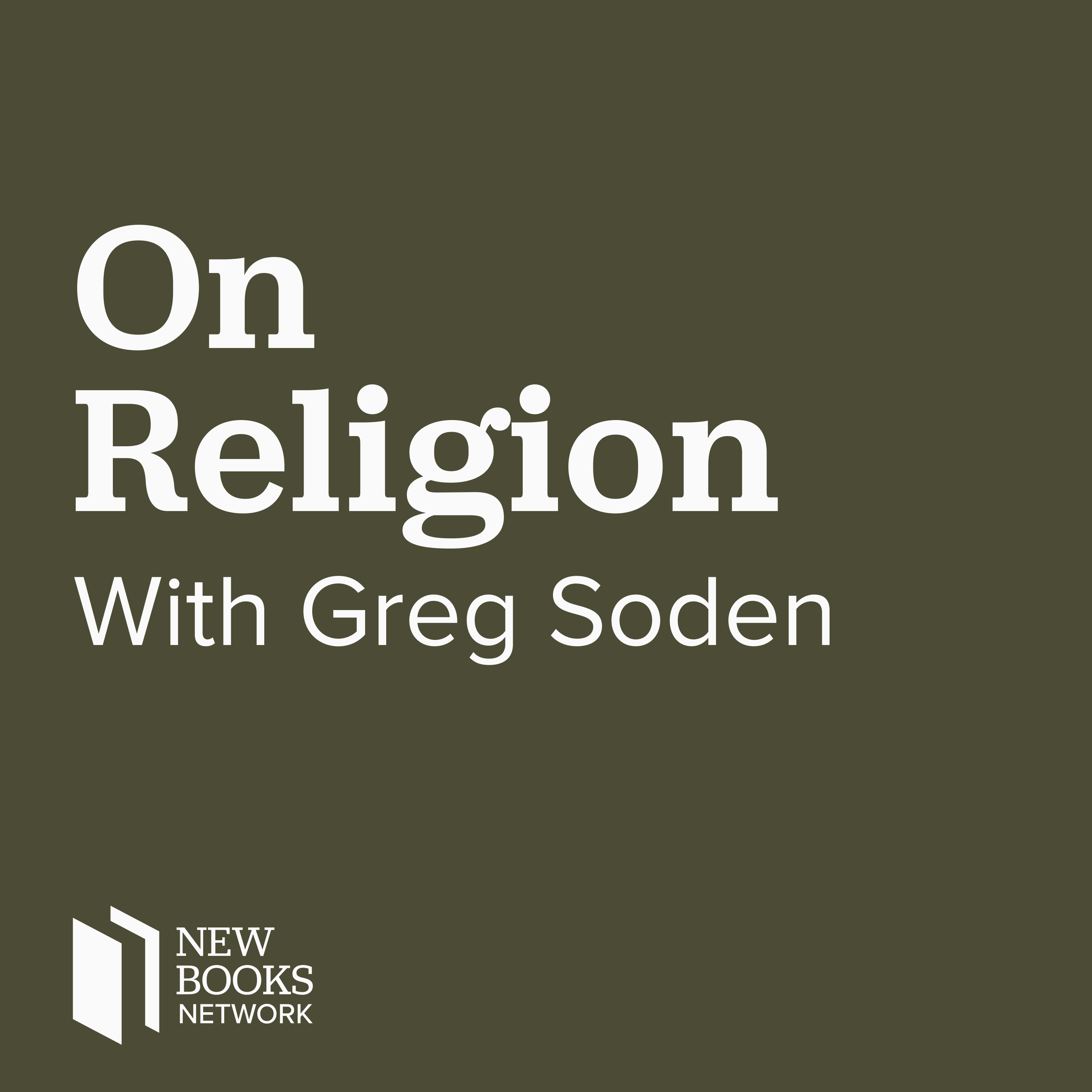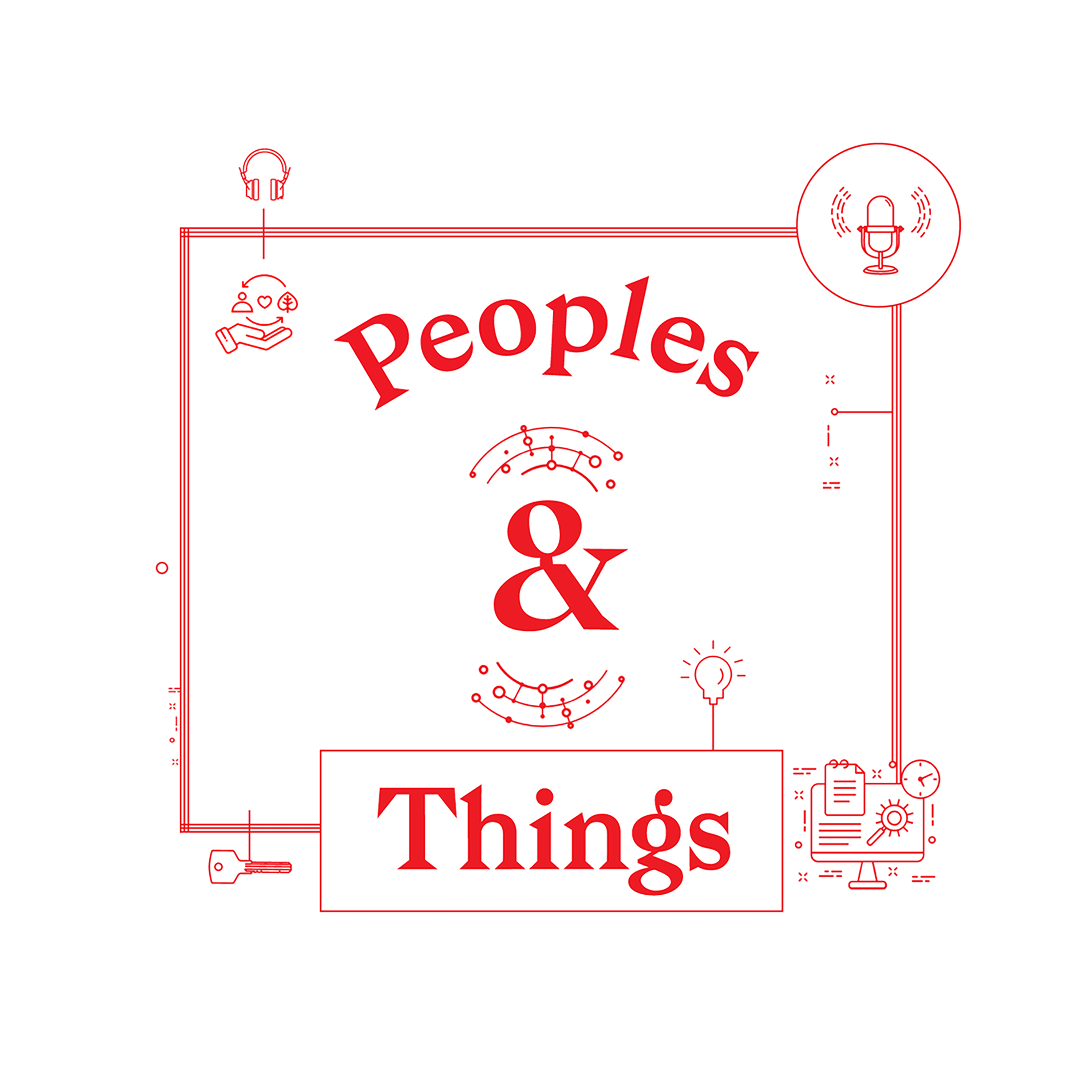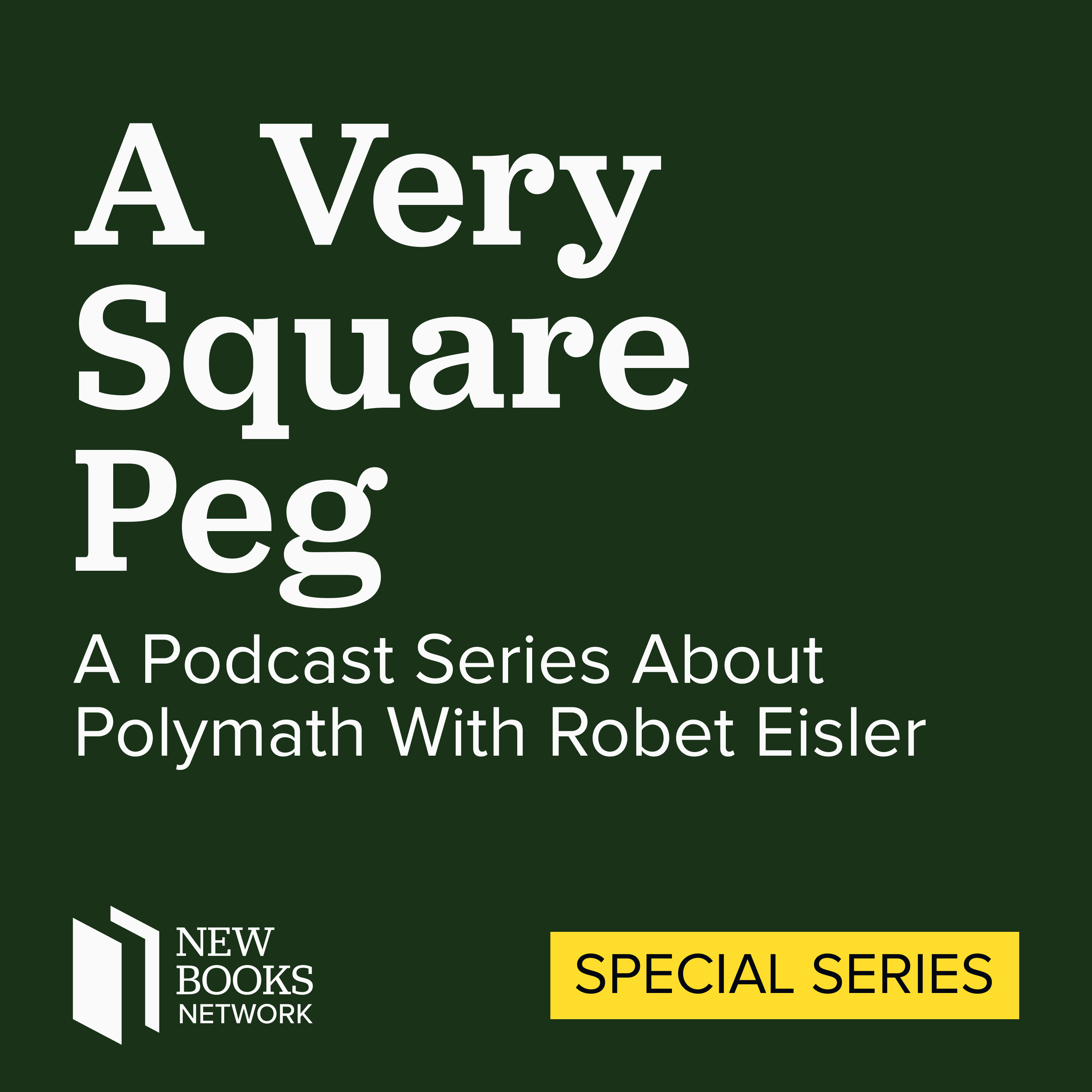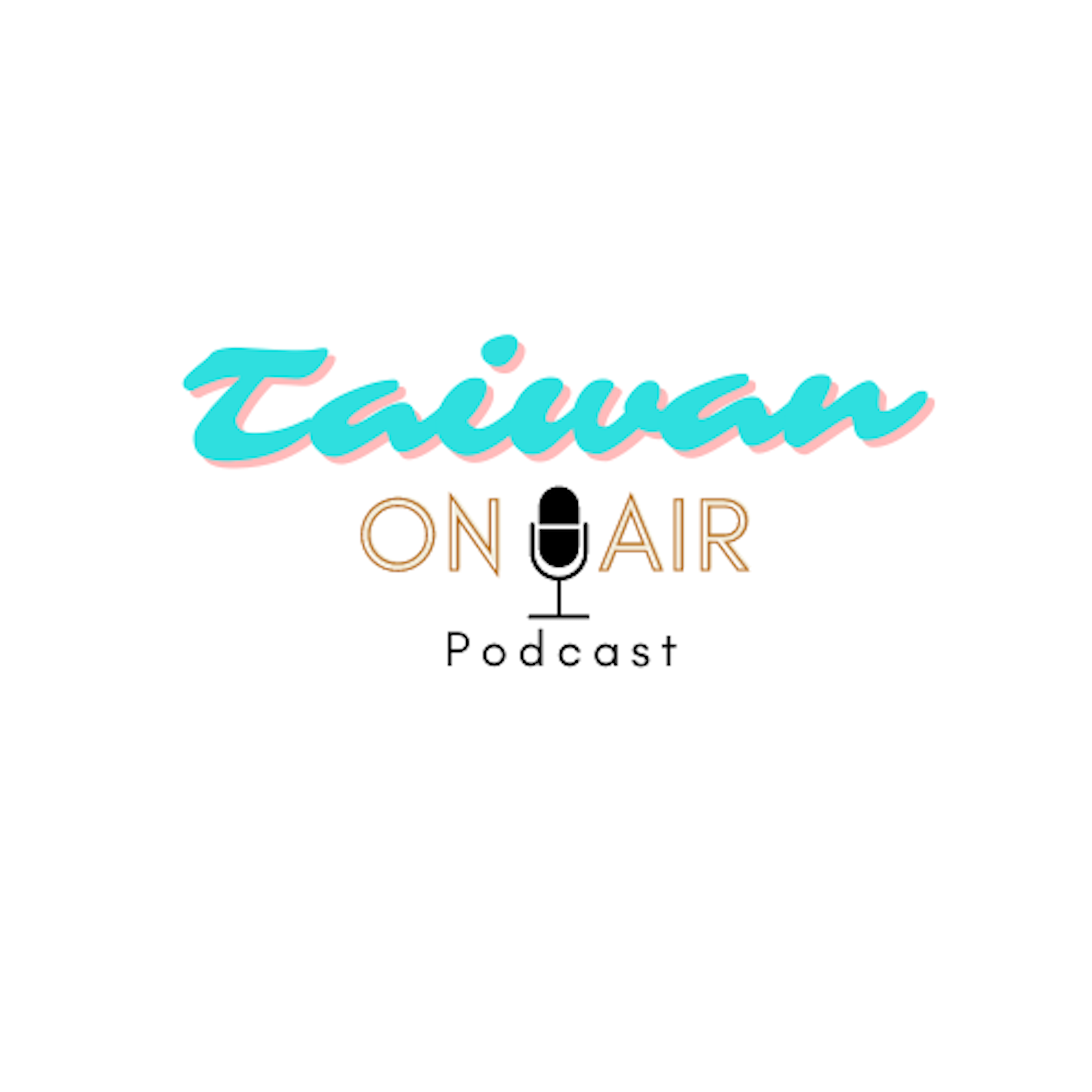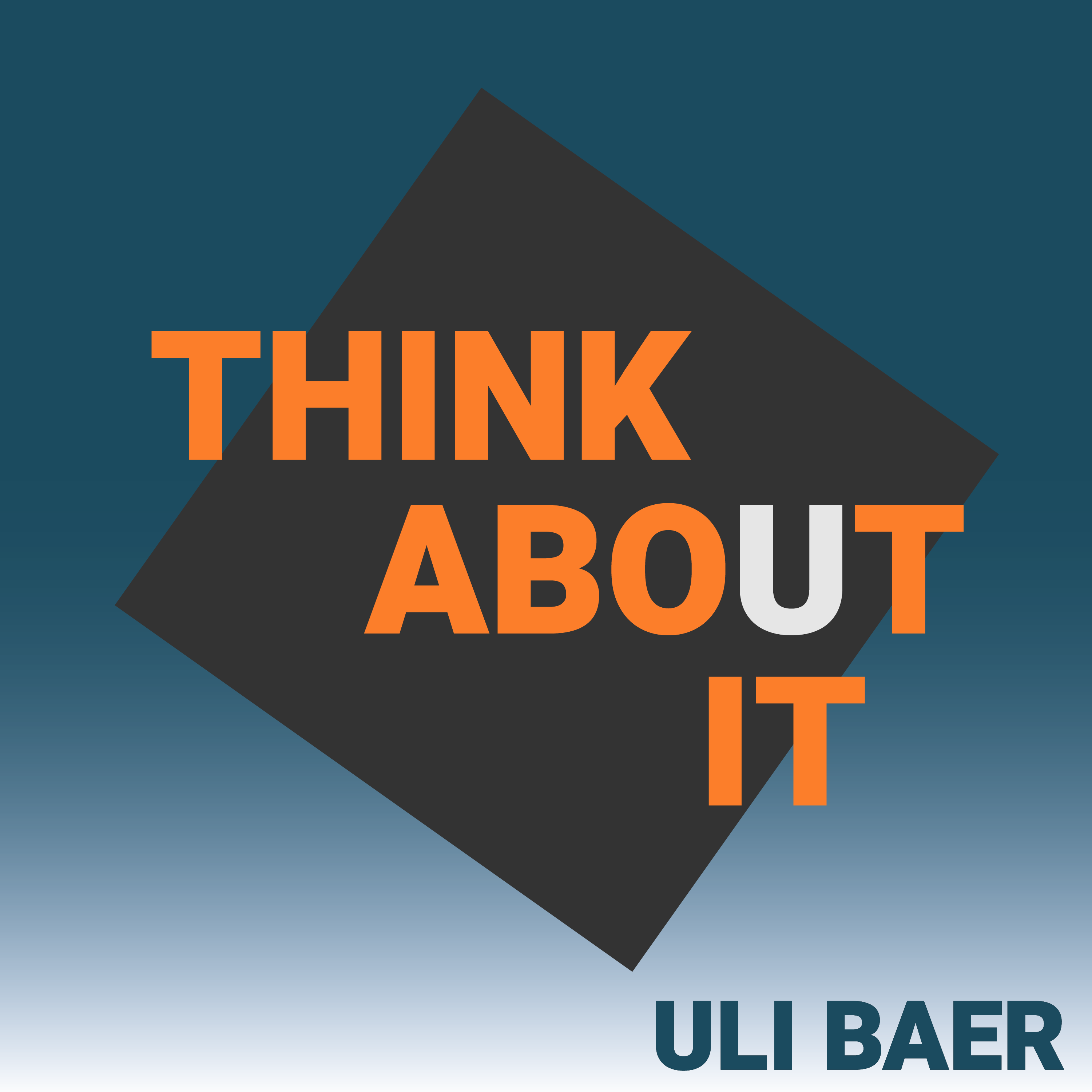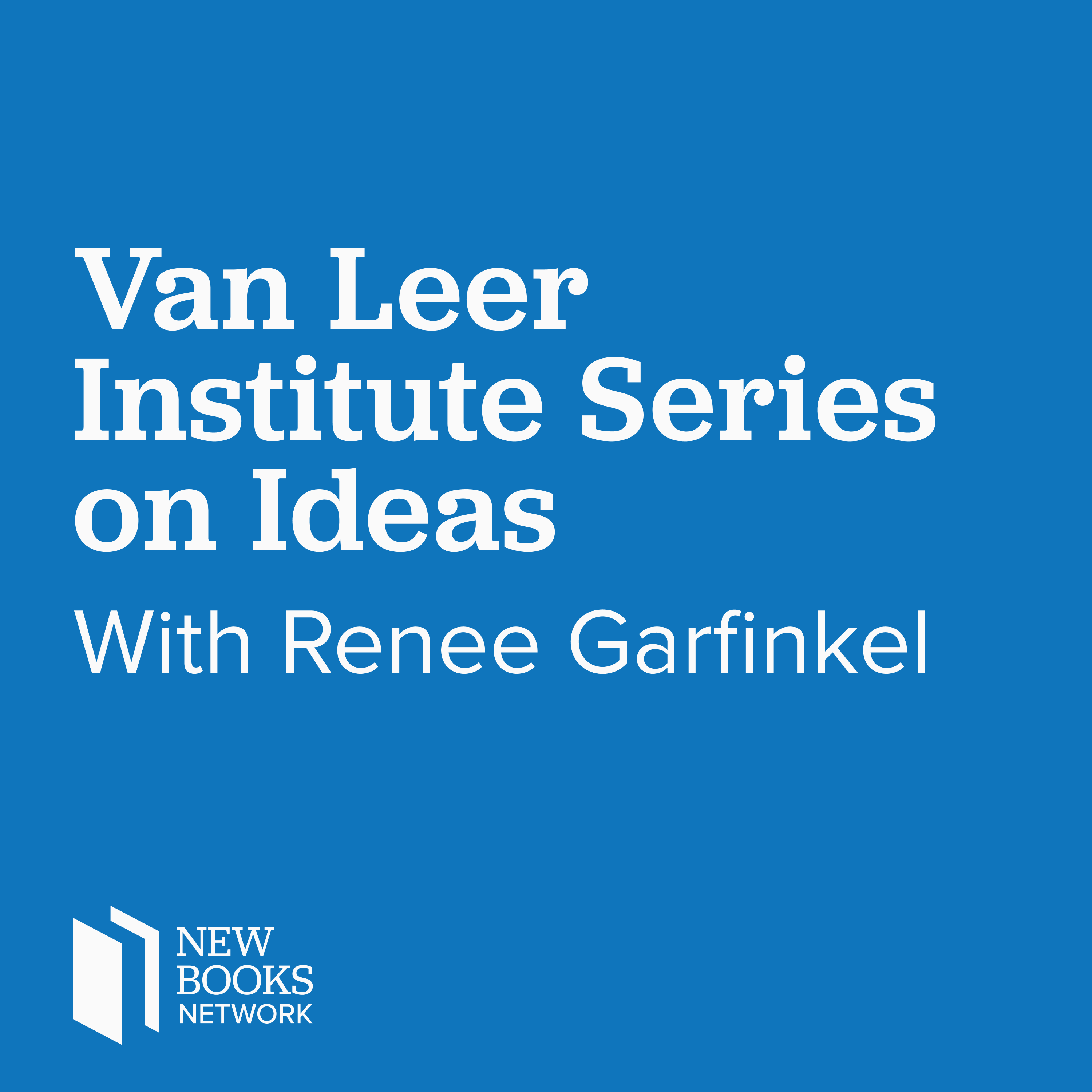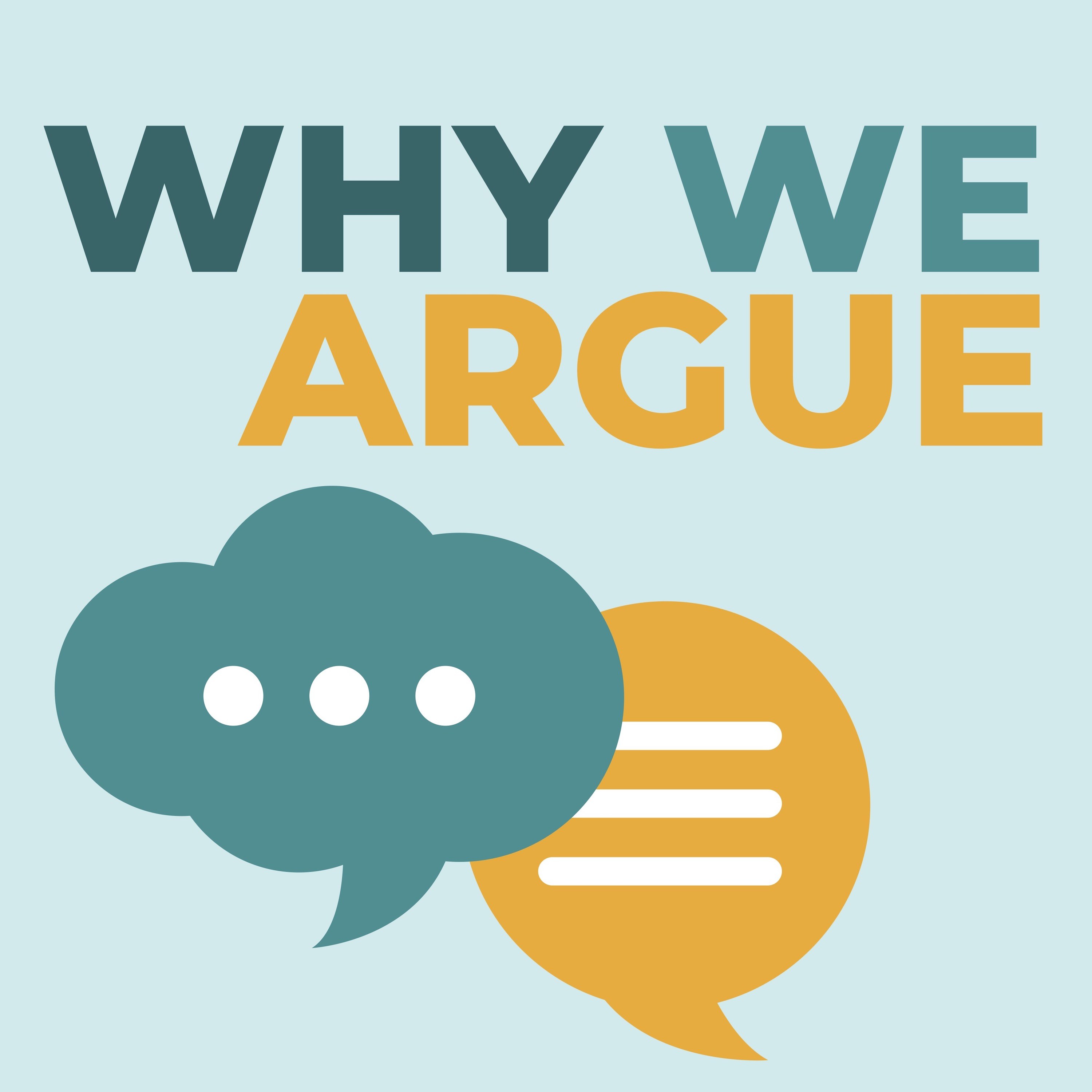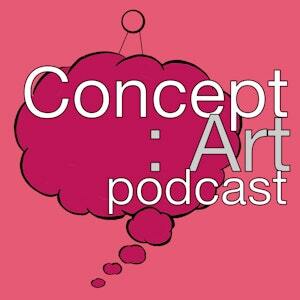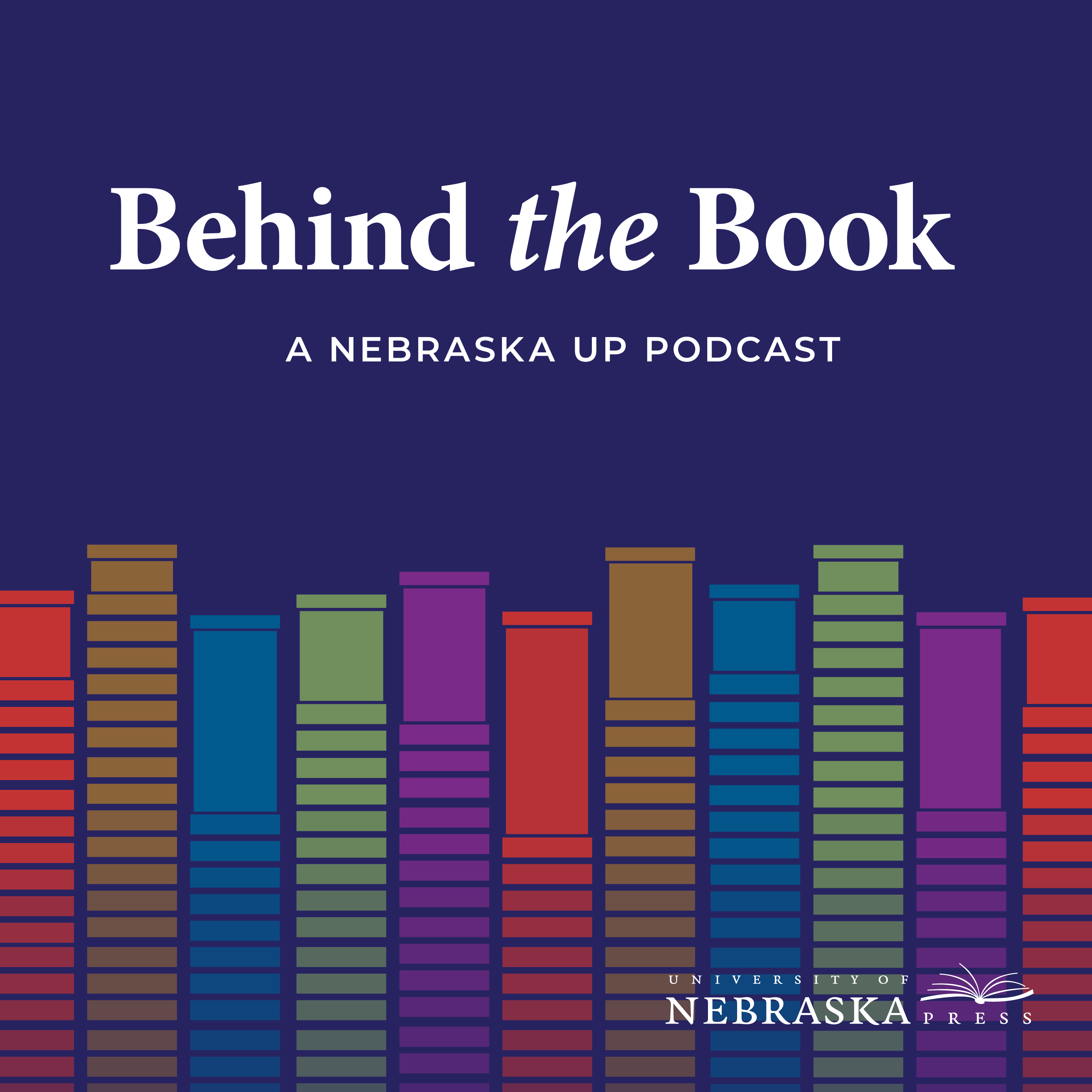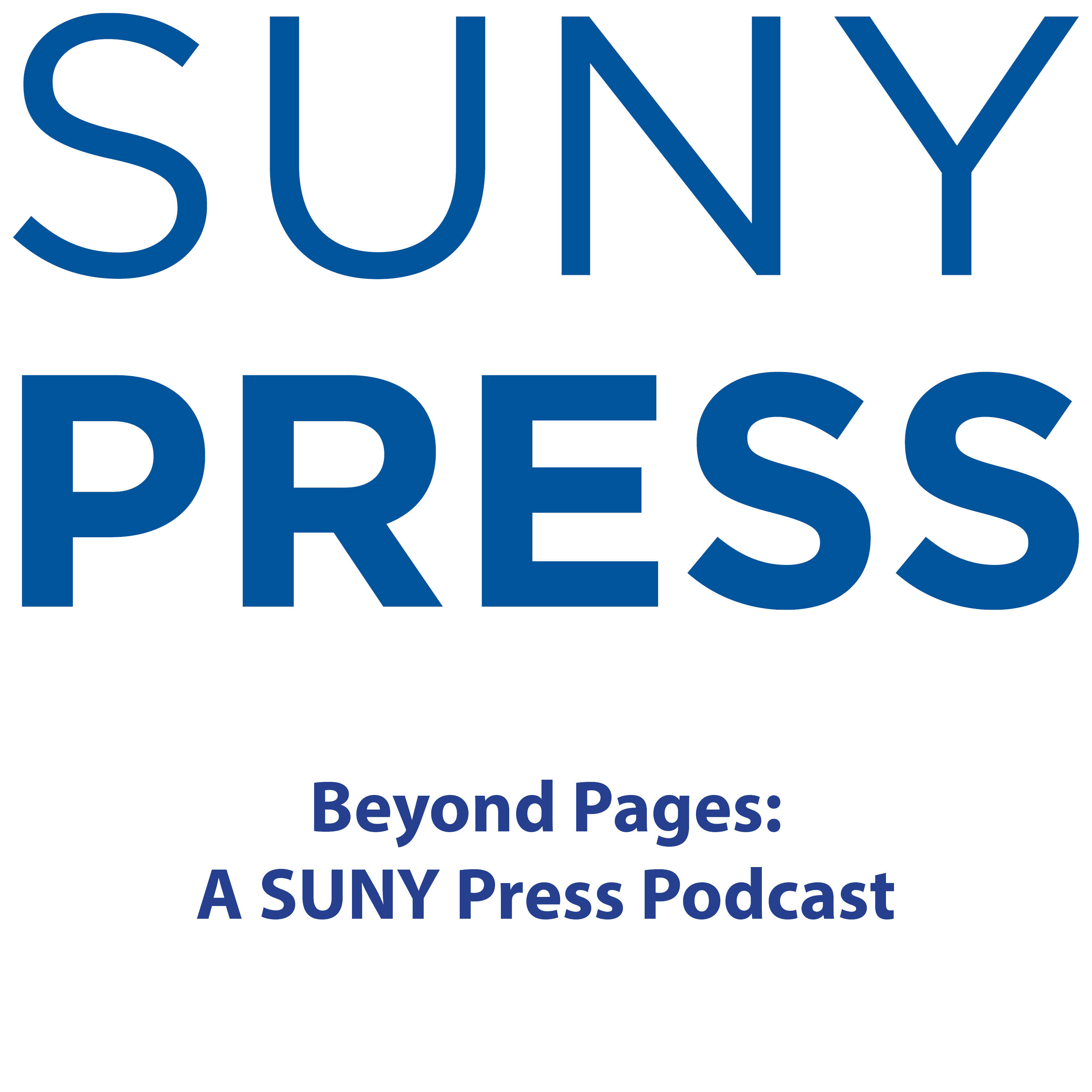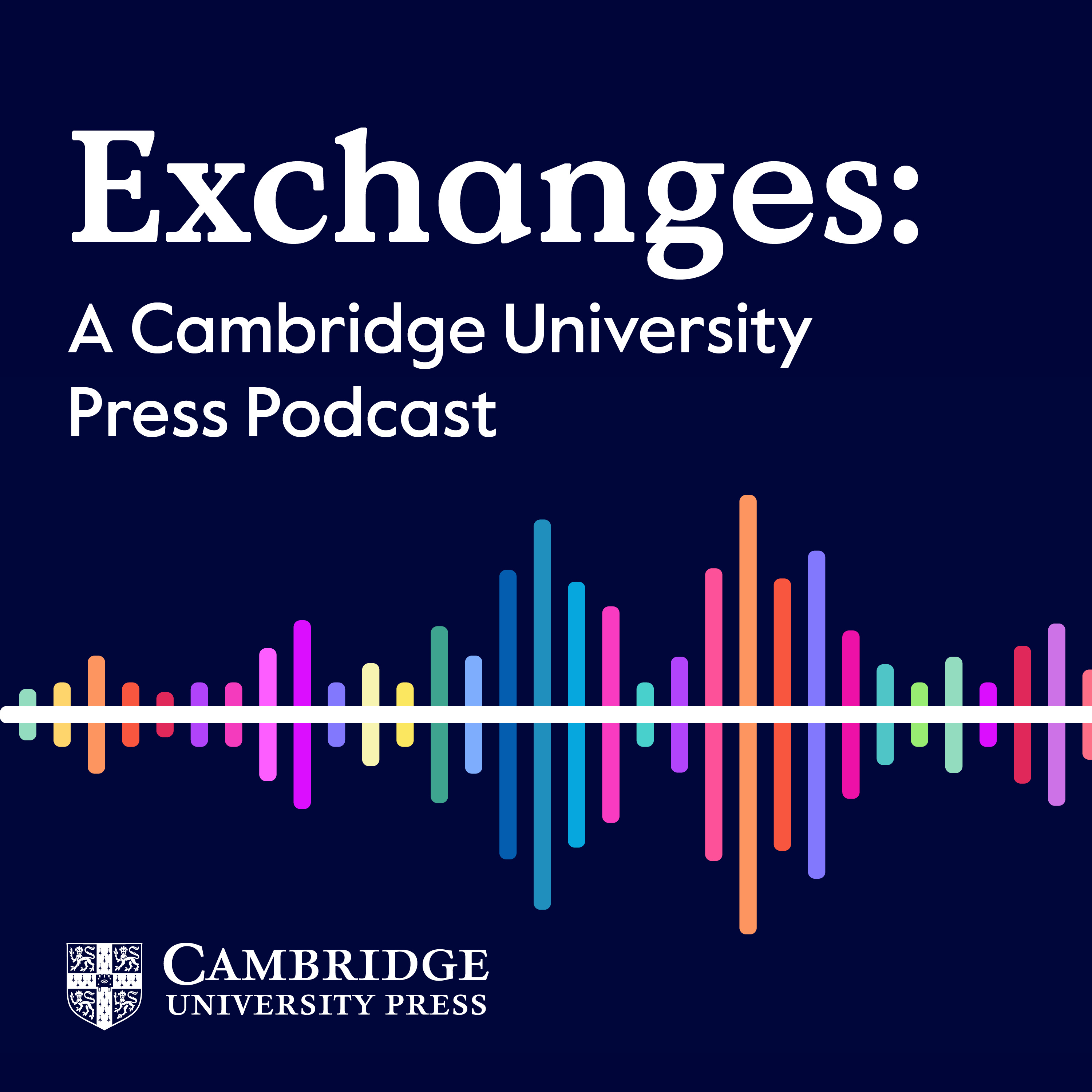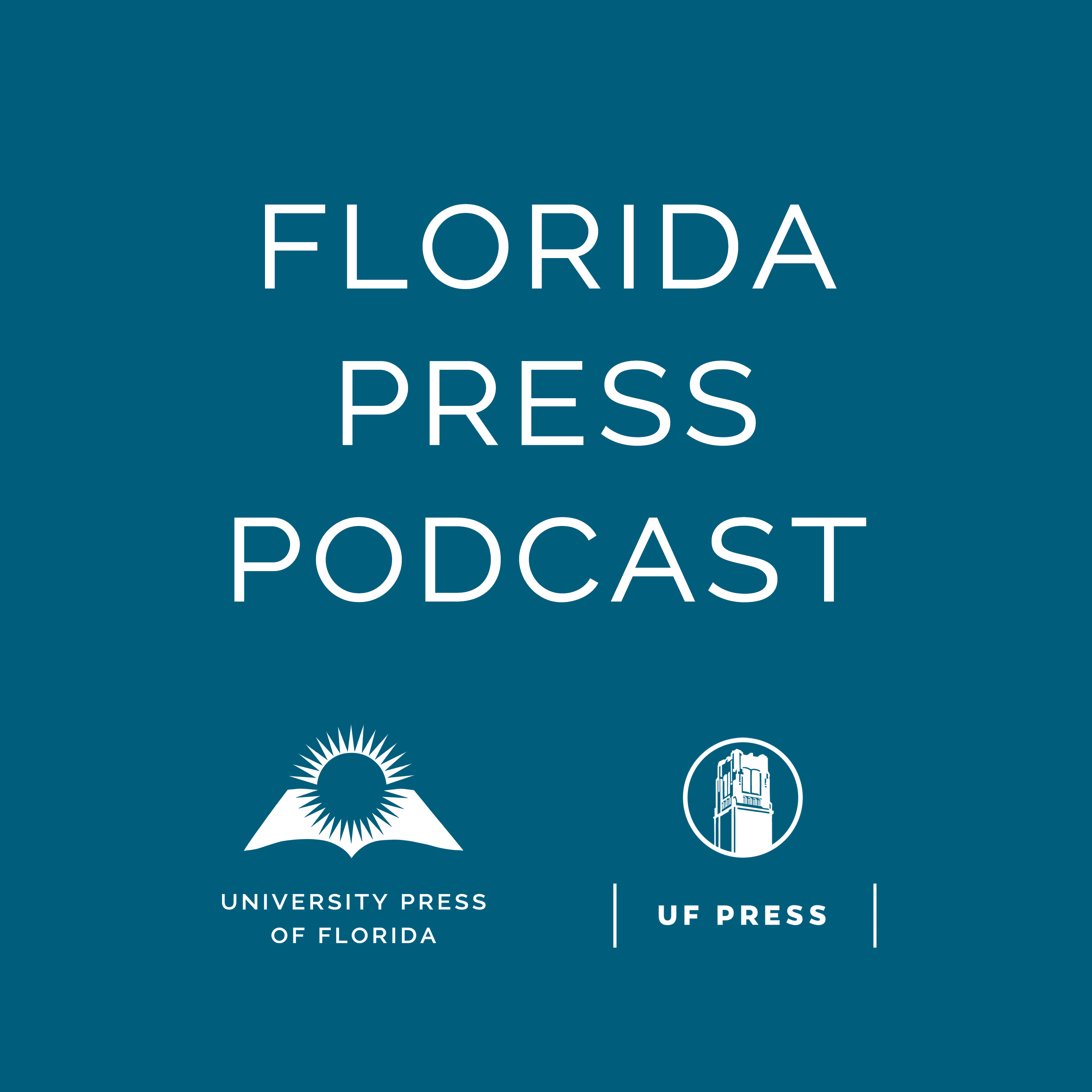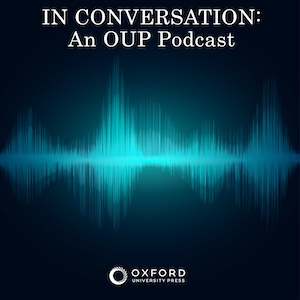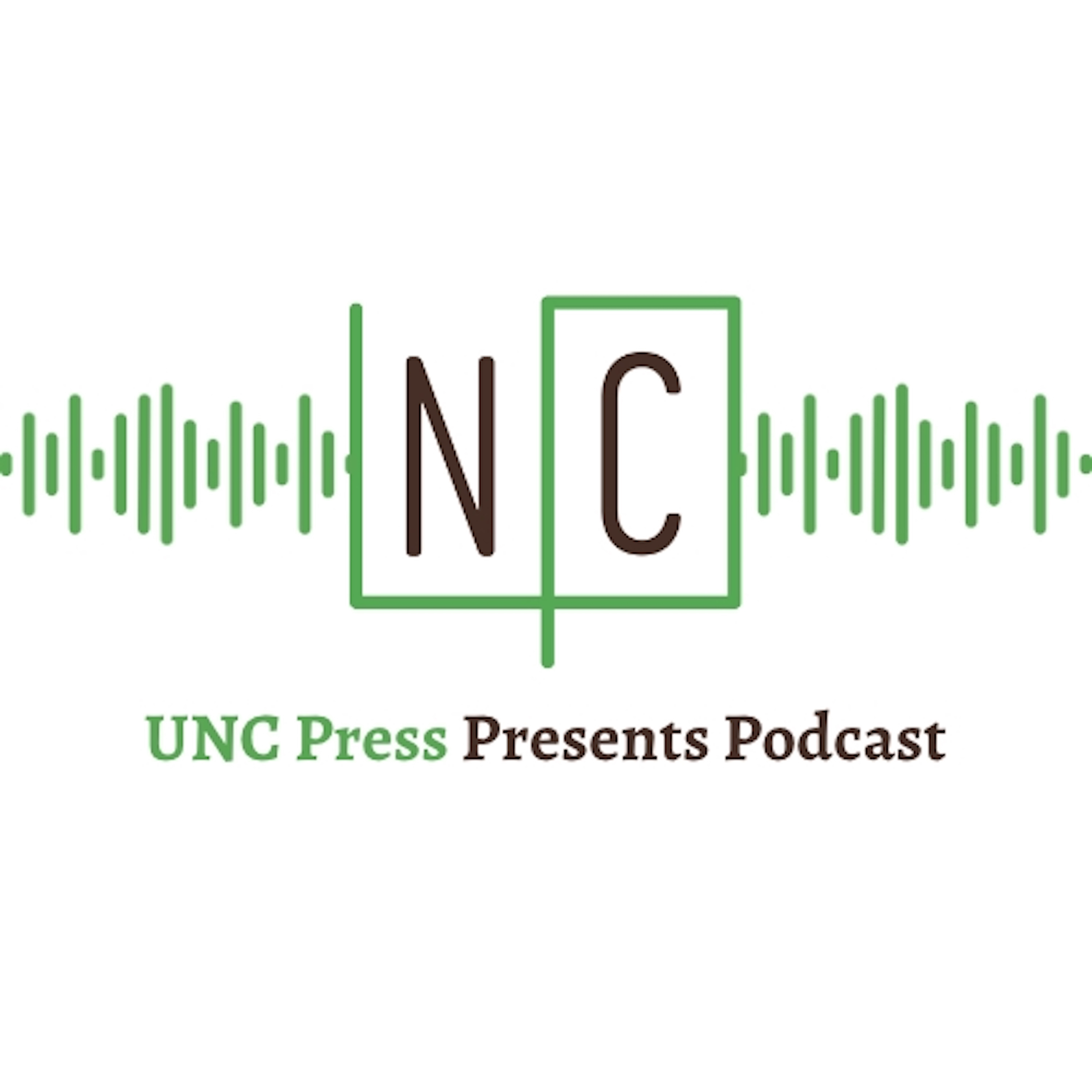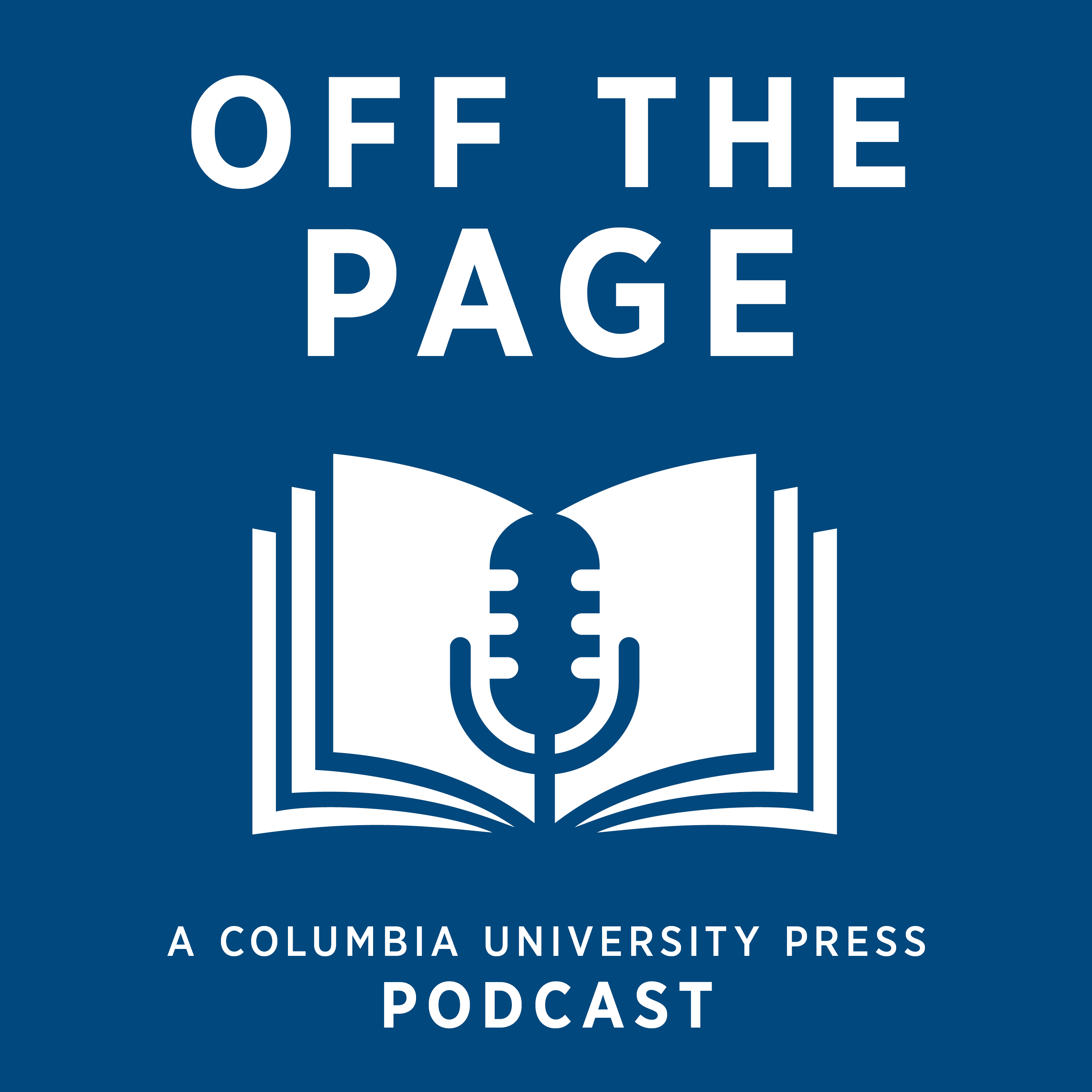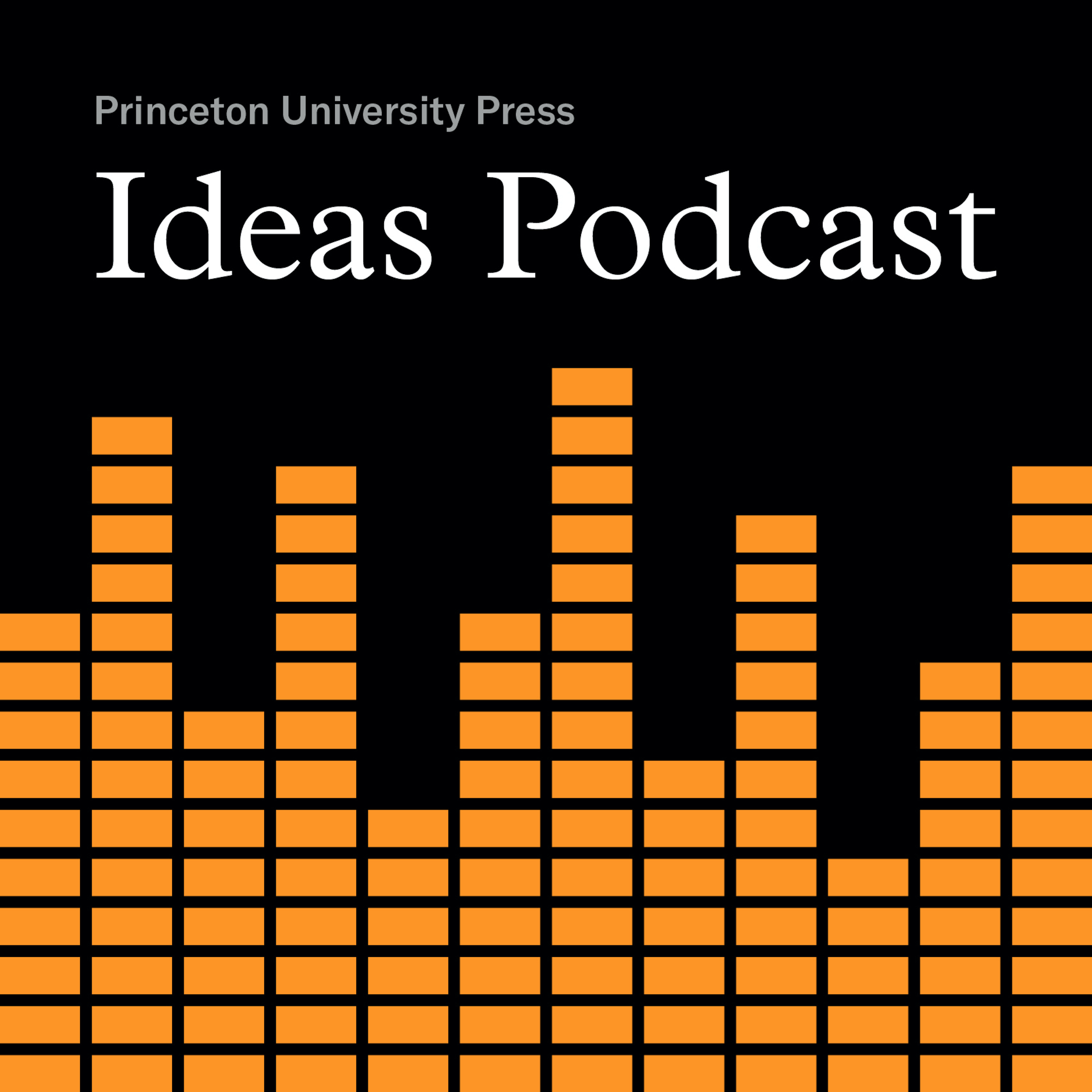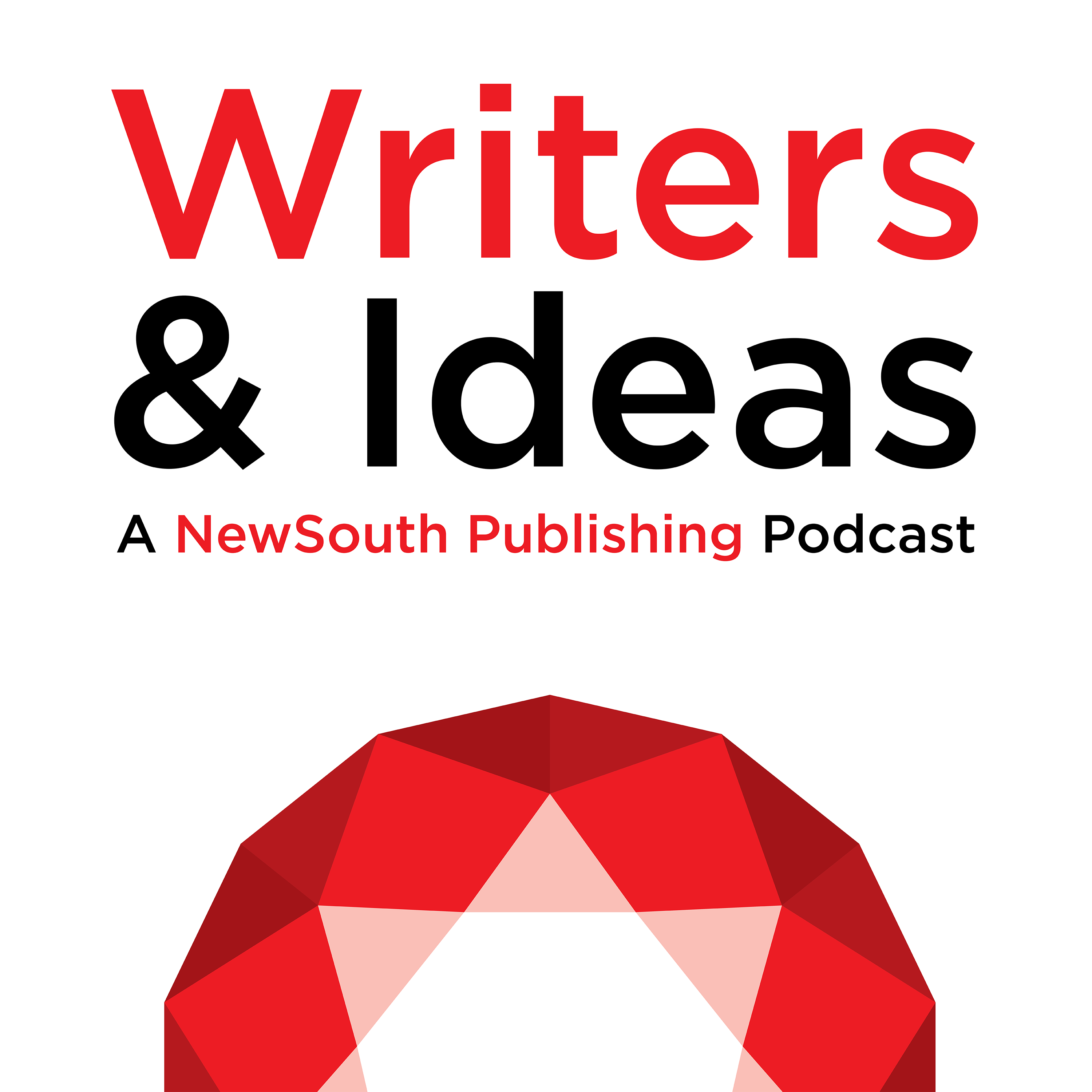Support H-Net | Buy Books Here | Help Support the NBN and NBN en Español on Patreon | Visit New Books Network en Español!
- African Studies
- African American Studies
- American Politics
- American Studies
- American South
- American West
- Asian American Studies
- Australian and New Zealand Studies
- British Studies
- Canadian Studies
- Caribbean Studies
- Central Asian Studies
- Chinese Studies
- East Asian Studies
- Eastern European Studies
- European Politics
- French Studies
- German Studies
- Iberian Studies
- India Studies
- Indian Ocean World
- Iranian Studies
- Irish Studies
- Israel Studies
- Italian Studies
- Japanese Studies
- Korean Studies
- Latino Studies
- Latin American Studies
- Mexican Studies
- Middle Eastern Studies
- Native American Studies
- Pacific Studies
- Polish Studies
- Russian and Eurasian Studies
- Southeast Asian Studies
- South Asian Studies
- Turkish Studies
- Ukrainian Studies
- Western European Studies
- World Affairs
- Animal Studies
- Anthropology
- Archaeology
- Business, Management, and Marketing
- Media
- Critical Theory
- Disability Studies
- Drugs, Addiction and Recovery
- Education
- Economics
- Finance
- Geography
- Gender Studies
- Genocide Studies
- Higher Education
- Human Rights
- Journalism
- Language
- Law
- LGBTQ+ Studies
- National Security
- Philosophy
- Policing, Incarceration, and Reform
- Political Science
- Politics & Polemics
- Public Policy
- Sex, Sexuality, and Sex Work
- Sociology
- Sound Studies
- Sports
- Urban Studies
- Big Ideas
- Celebration Studies
- Co-Authored
- Cover Story
- Historical Materialism
- History Ex Silo
- Invested Investor
- Landscape Architecture
- Mormonism
- NBN Book of the Day
- NBN Seminar
- Postscript
- Practical History
- Preparing for Life After Grad School
- Psychology and Climate Change
- Interpretive Political and Social Science
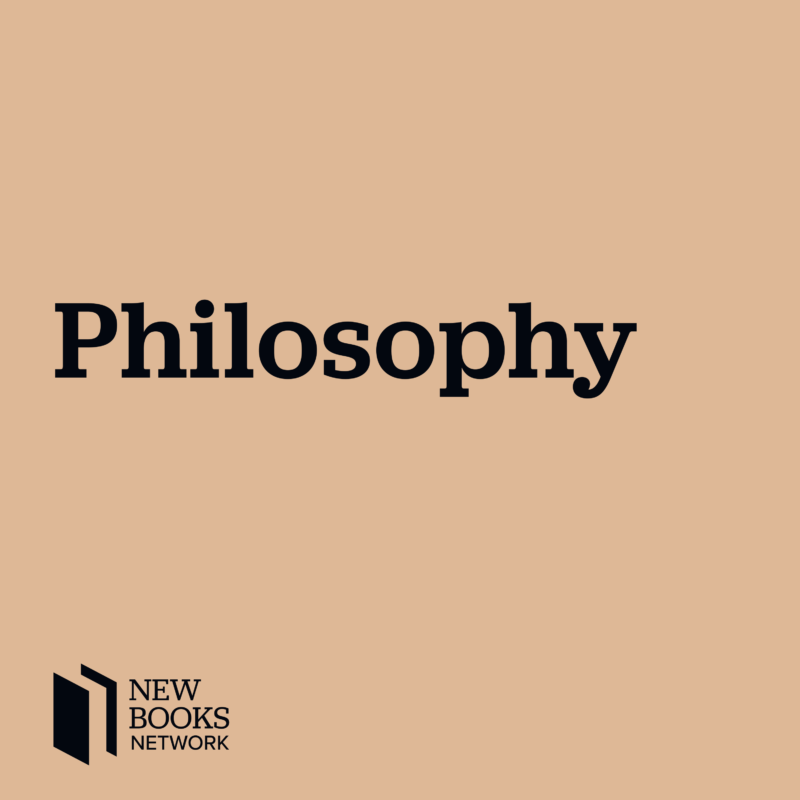
Philosophy
Interviews with philosophers about their new books.
May 10, 2024
The Ecological Brain
Ecological psychology holds that perception and action are best explained in terms of dynamic interactions between brain, body, and environment, not i…

May 1, 2024
Private Censorship
When we think of censorship, our minds might turn to state agencies exercising power to silence dissent. However, contemporary concerns about censors…
April 20, 2024
A Phenomenology for Women of Color
How can we understand the changing power of race and gender to shape our reality? How shared is reality? Can narratives of experience help us develop …
April 10, 2024
The Weirdness of the World
"What's life for if there's no time to play and explore?" In The Weirdness of the World (Princeton UP, 2024), Eric Schwitzgebel invites the reader to…
March 20, 2024
The Metaphysics of Meditation
In The Metaphysics of Meditation: Sri Aurobindo and Ādi Śaṅkara on the Īśā Upaniṣad (Bloomsbury 2024), Stephen Phillips argues that the two titular Ve…
March 10, 2024
Aesthetic Testimony
A lot of what we claim to know we learn from other people's testimony: they tell us, and in many ordinary contexts that is enough to gain knowledge. B…
March 5, 2024
Social Goodness
In our day-to-day lives, we are subject to normative requirements, obligations, and expectations that originate in the social roles we occupy. For ex…
February 20, 2024
For F*ck's Sake
Swearing can be a powerful communicative act, for good or ill. The same word can incite violence or increase intimacy. How is swearing so multivalent …
February 10, 2024
Biological Essentialism
What makes a species a species? Aristotle answered the species question by positing unchanging essences, properties that all and only members of a spe…
February 1, 2024
Citizen Knowledge
For better or worse, democracy and epistemology are intertwined. For one thing, politics is partly a matter of gathering, assessing, and applying inf…
January 20, 2024
Candrakirti's Introduction to the Middle Way
A proponent of the Madhyamaka tradition of Mahāyāna Buddhism, Candrakīrti wrote several works, one of which, the Madhamakāvatāra, strongly influenced …
January 10, 2024
Dancing with the Devil
How could a good life include one with anger, or jealousy, or spite? In Dancing with the Devil: Why Bad Feelings Make Life Good (Oxford UP, 2023), Kri…
December 20, 2023
Classical Theism and Buddhism
In addition to denying the existence of a substantial, enduring self, Buddhists are usually understood to deny the existence of a God or gods. However…
December 10, 2023
Why? The Purpose of the Universe
Does the universe have a purpose? If it does, how is this connected to the meaningfulness that we seek in our lives? In Why? The Purpose of the Univer…
November 10, 2023
The Modal Future
What does “will” mean? A standard view is that it is a tensed mirror-image of “was”, and that the truth-conditions of past and future sentences – “He …
November 1, 2023
The Darkened Light of Faith
Frederick Douglass’s 1852 speech “What to the Slave is the Fourth of July” is notoriously fiery. No doubt part of what’s gripping about it is its int…
October 20, 2023
Late Classical Chinese Thought
Late Classical Chinese Thought (Oxford University Press, 2023) is Chris Fraser's topically organized study of the Warring States period of Chinese phi…
October 1, 2023
On Taking Offence
A lot of work in moral, political, and legal theory aims to define the offensive. Surprisingly, relatively little attention has been paid to the affe…
September 20, 2023
Vatsyayana's Commentary on the Nyaya-Sutra
In Vatsyayana's Commentary on the Nyaya-Sutra: A Guide (Oxford University Press, 2023), Matthew Dasti unpacks a canonical classical Indian text, the N…
September 12, 2023
Mind As Metaphor
Folk psychology (on a standard reading) is the way we attribute contentful mental states to others in order to explain and predict their behavior – fo…


